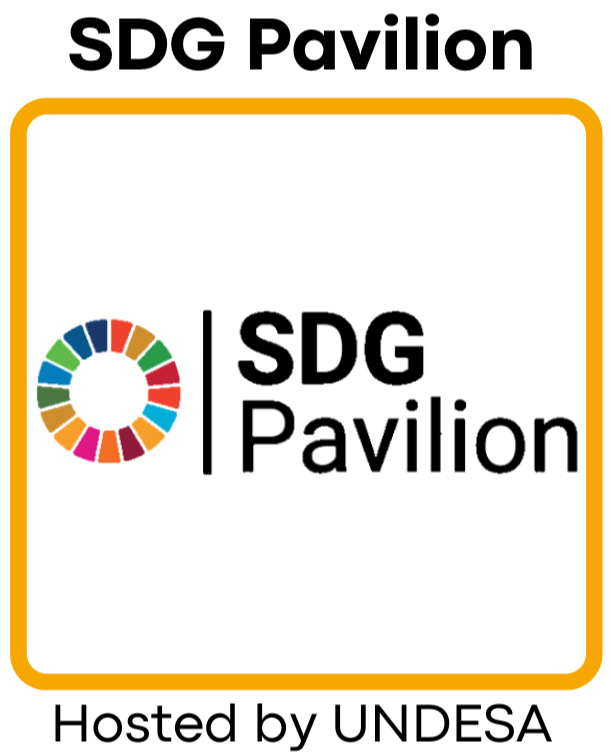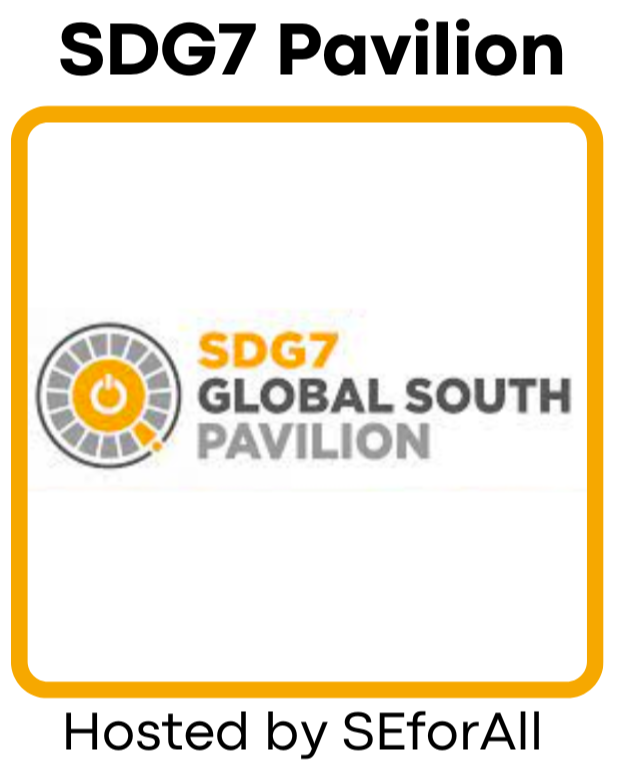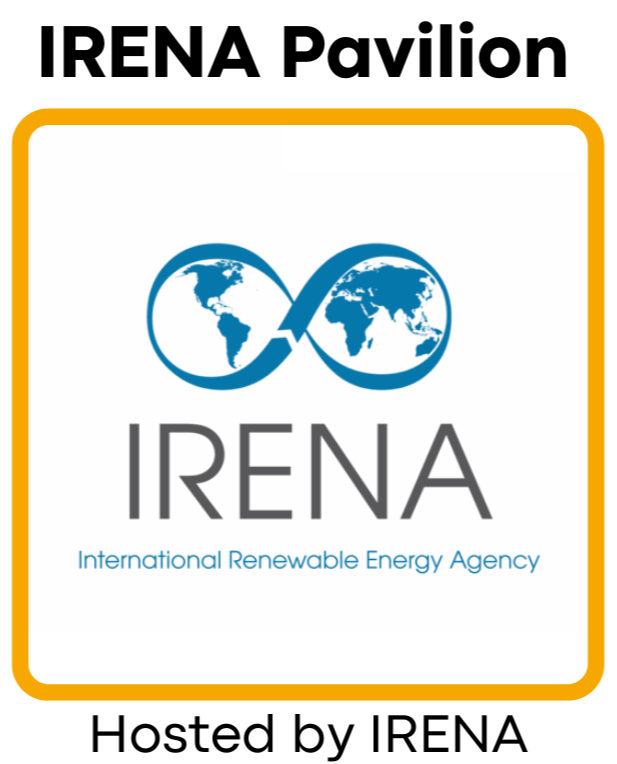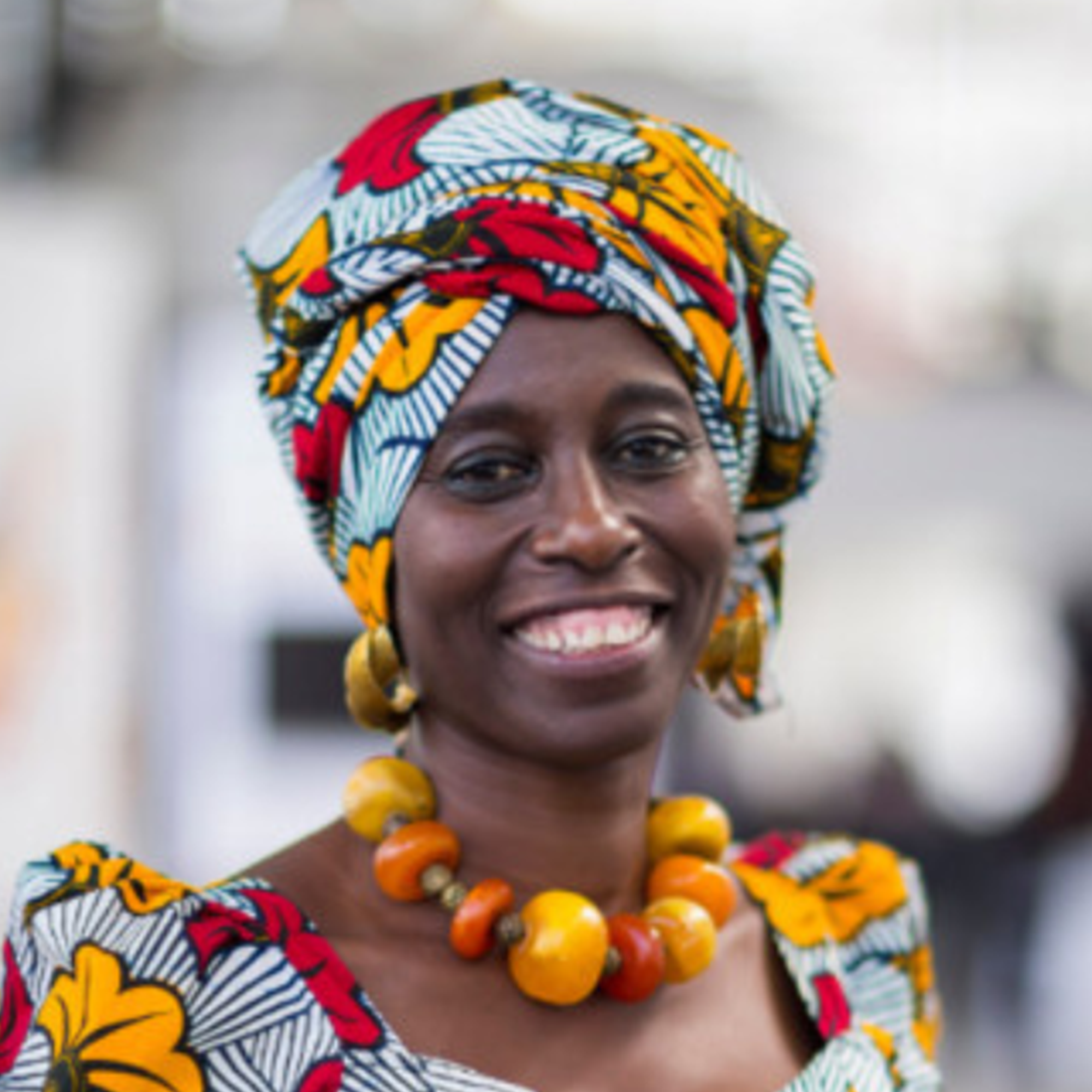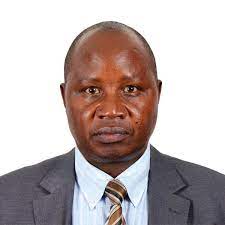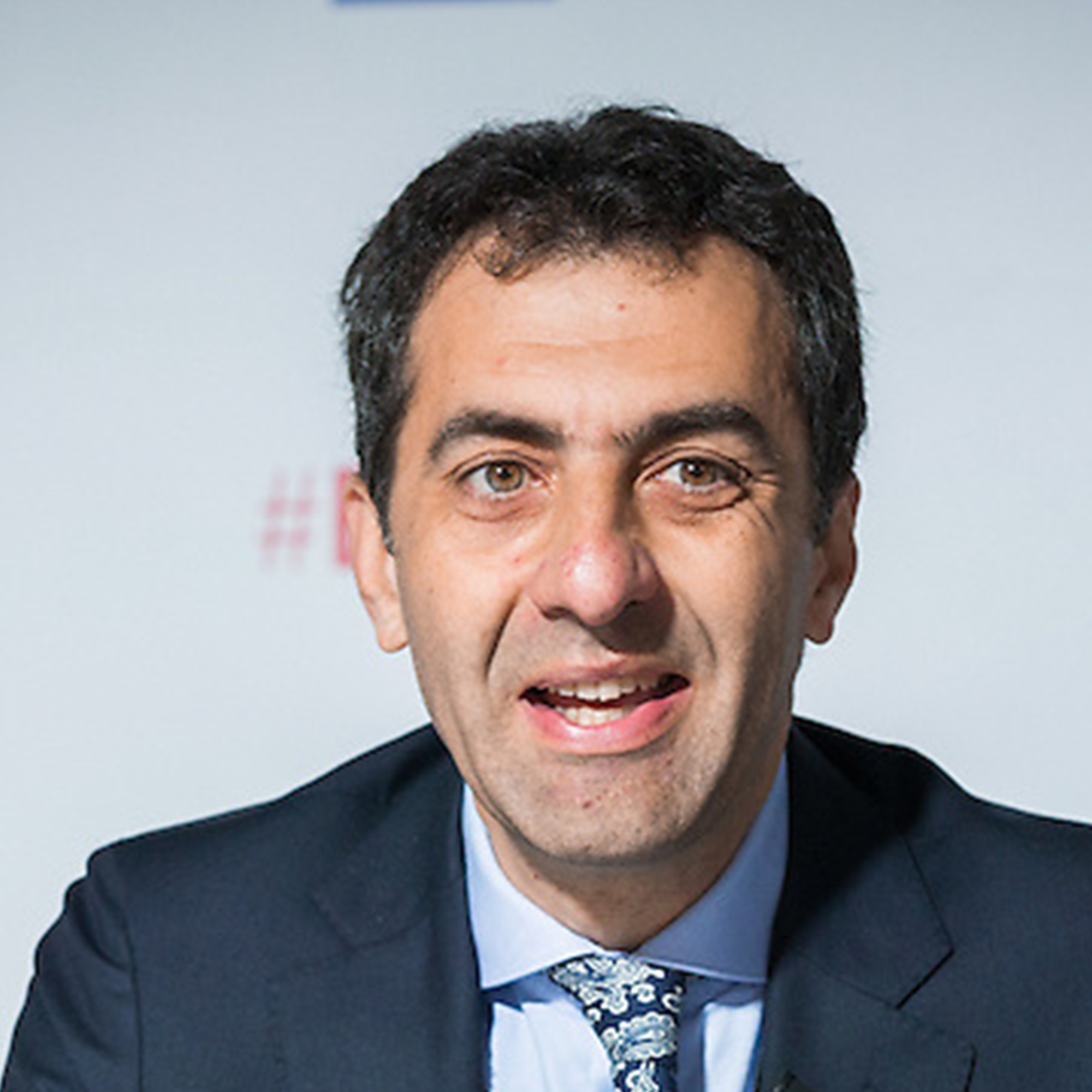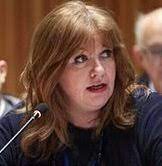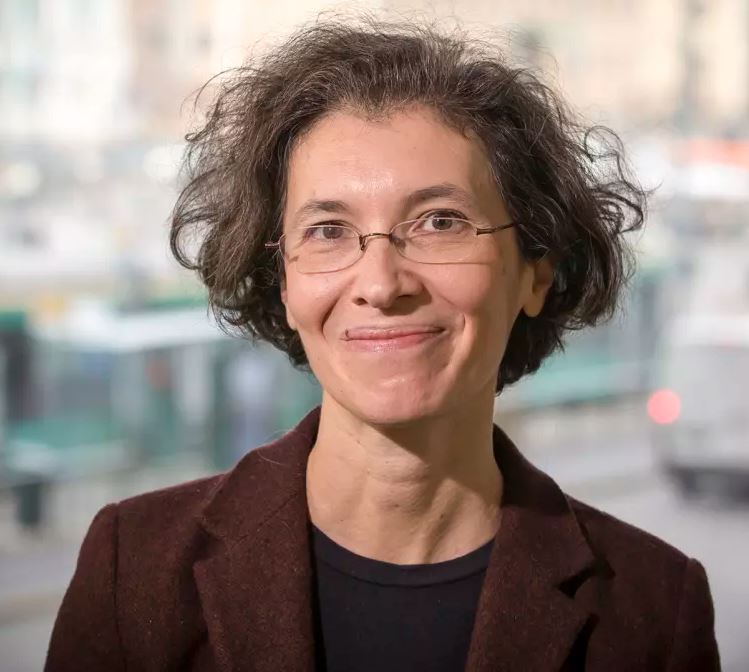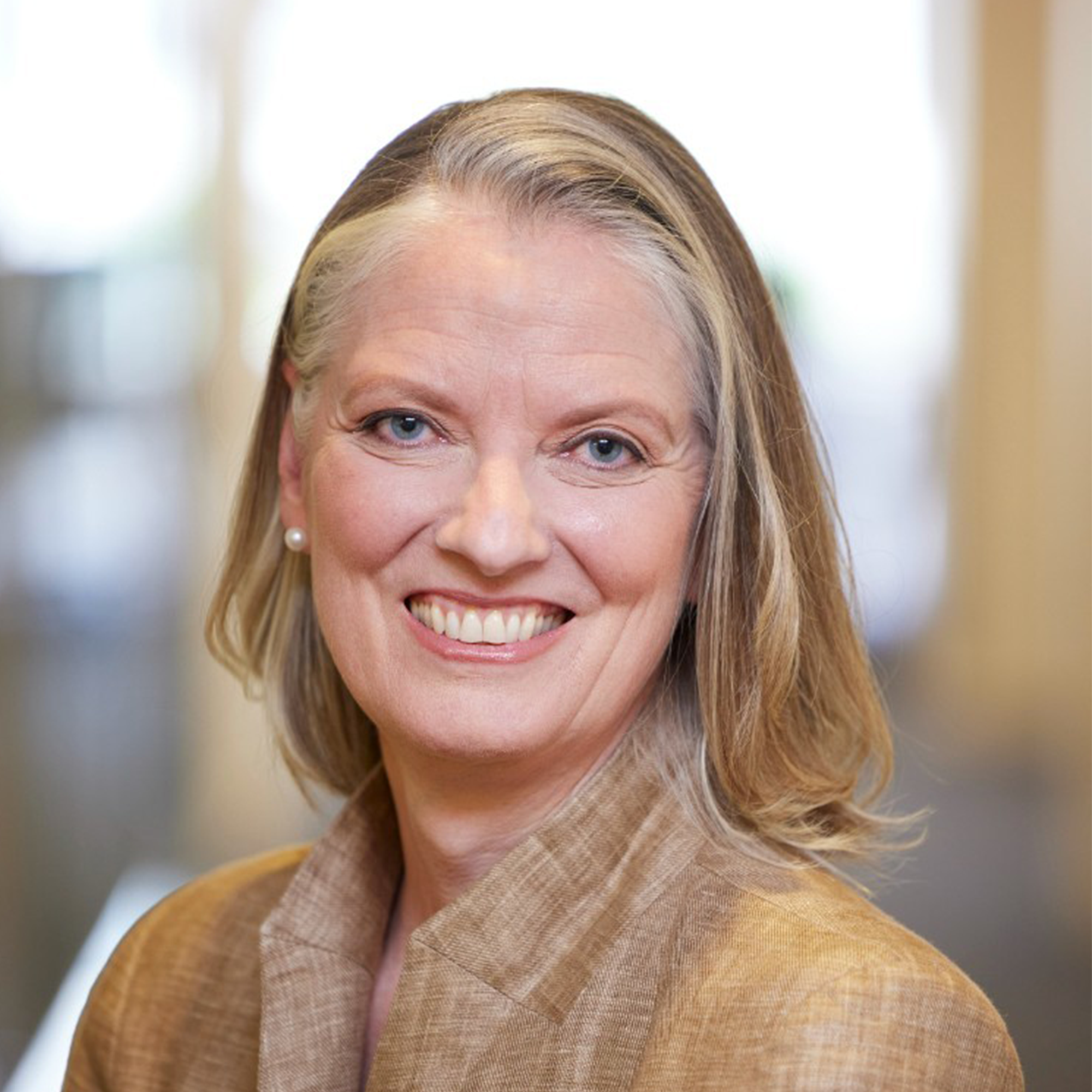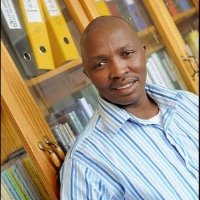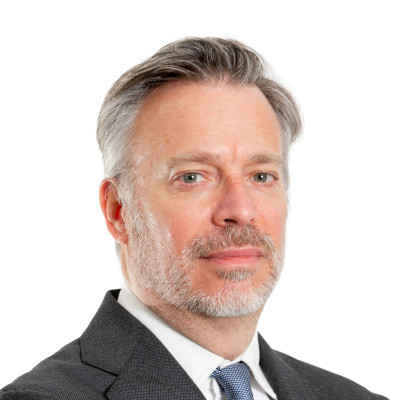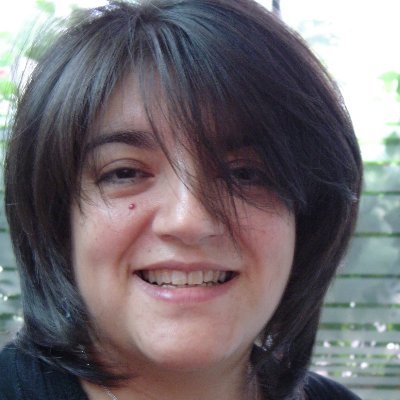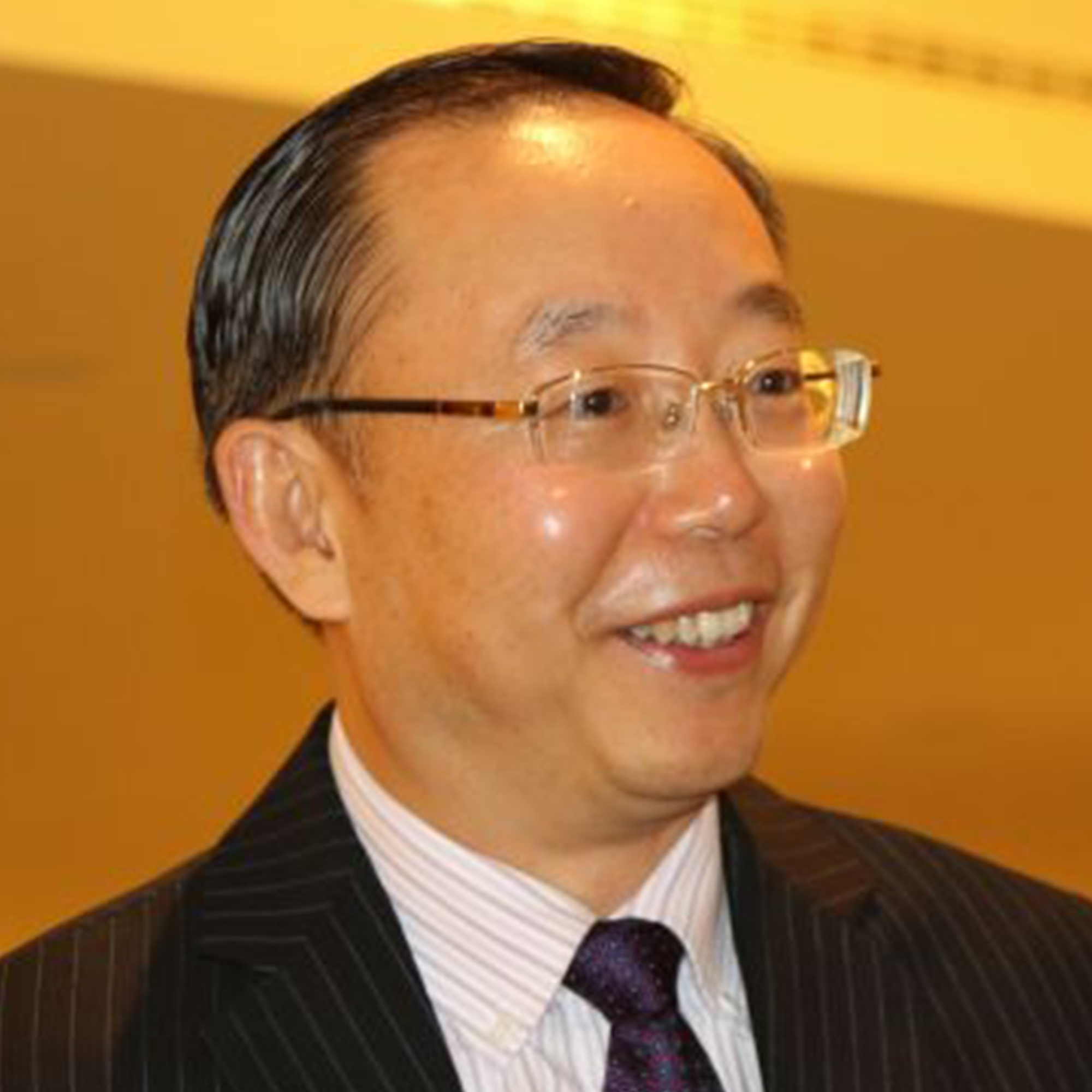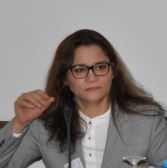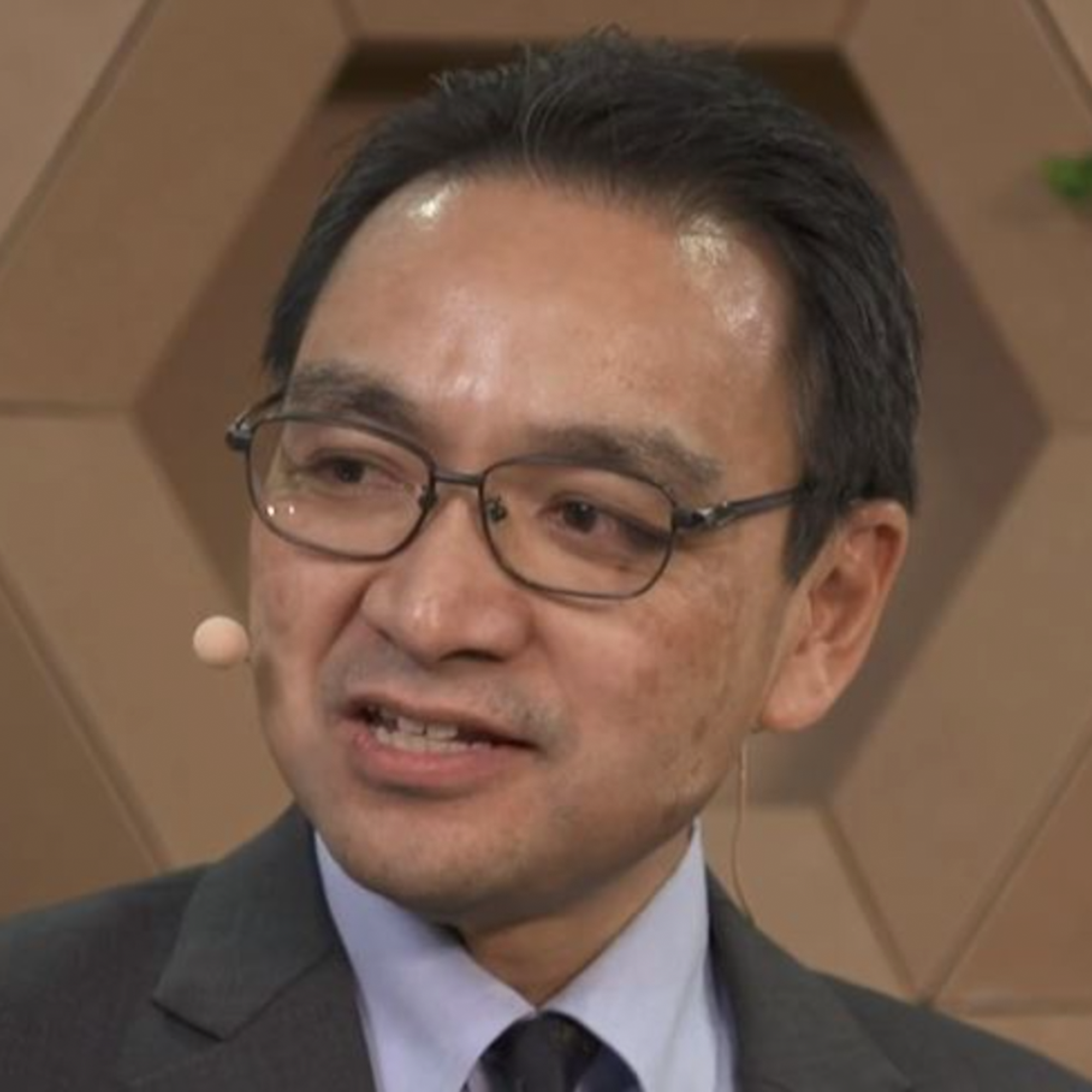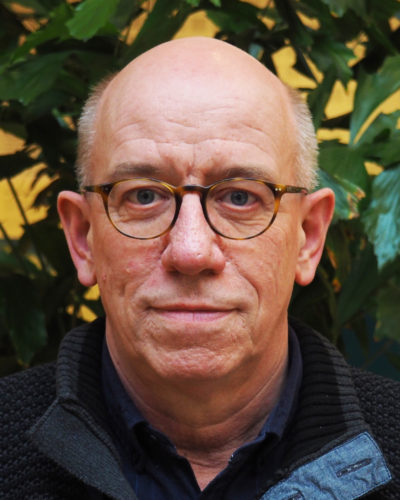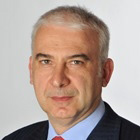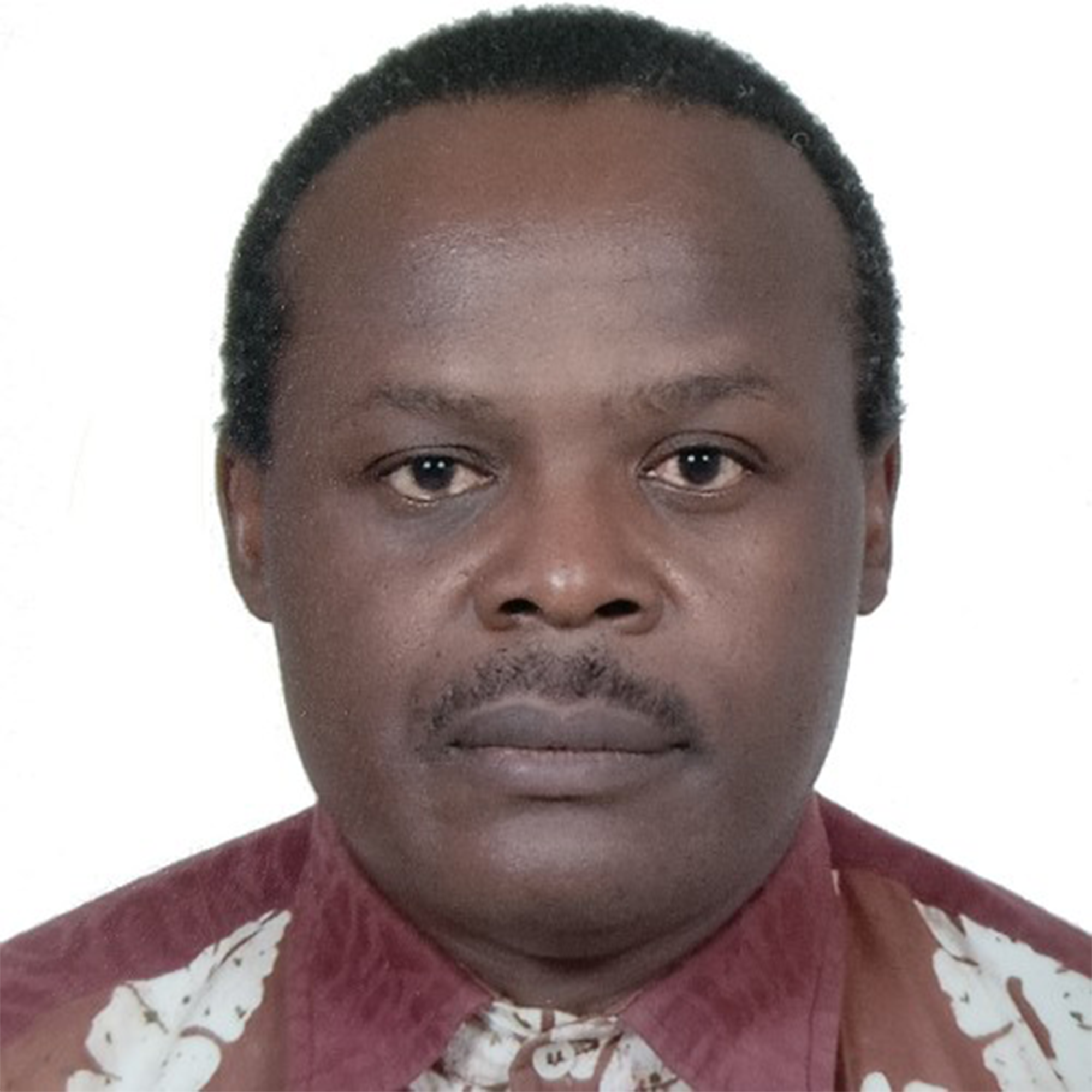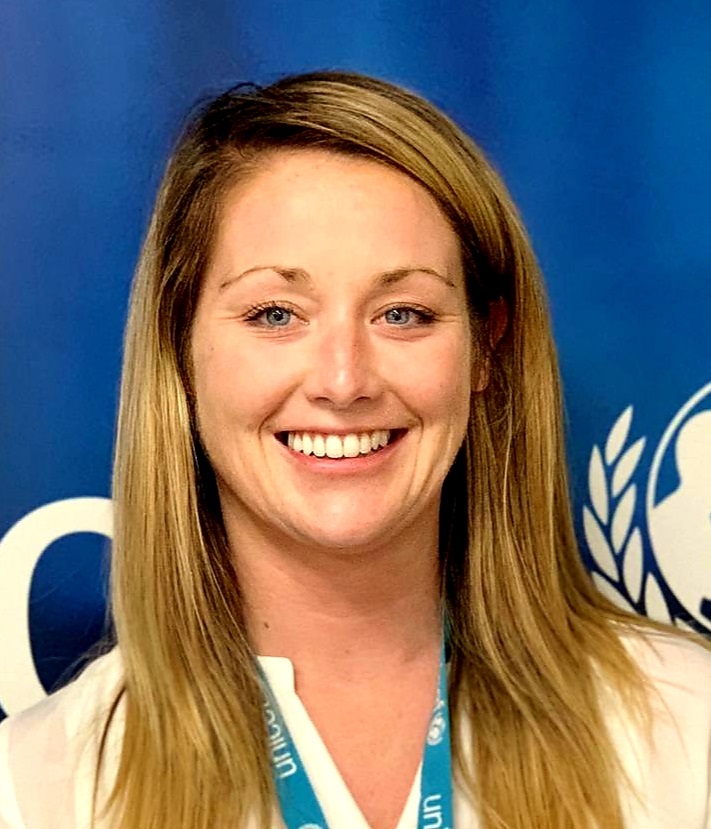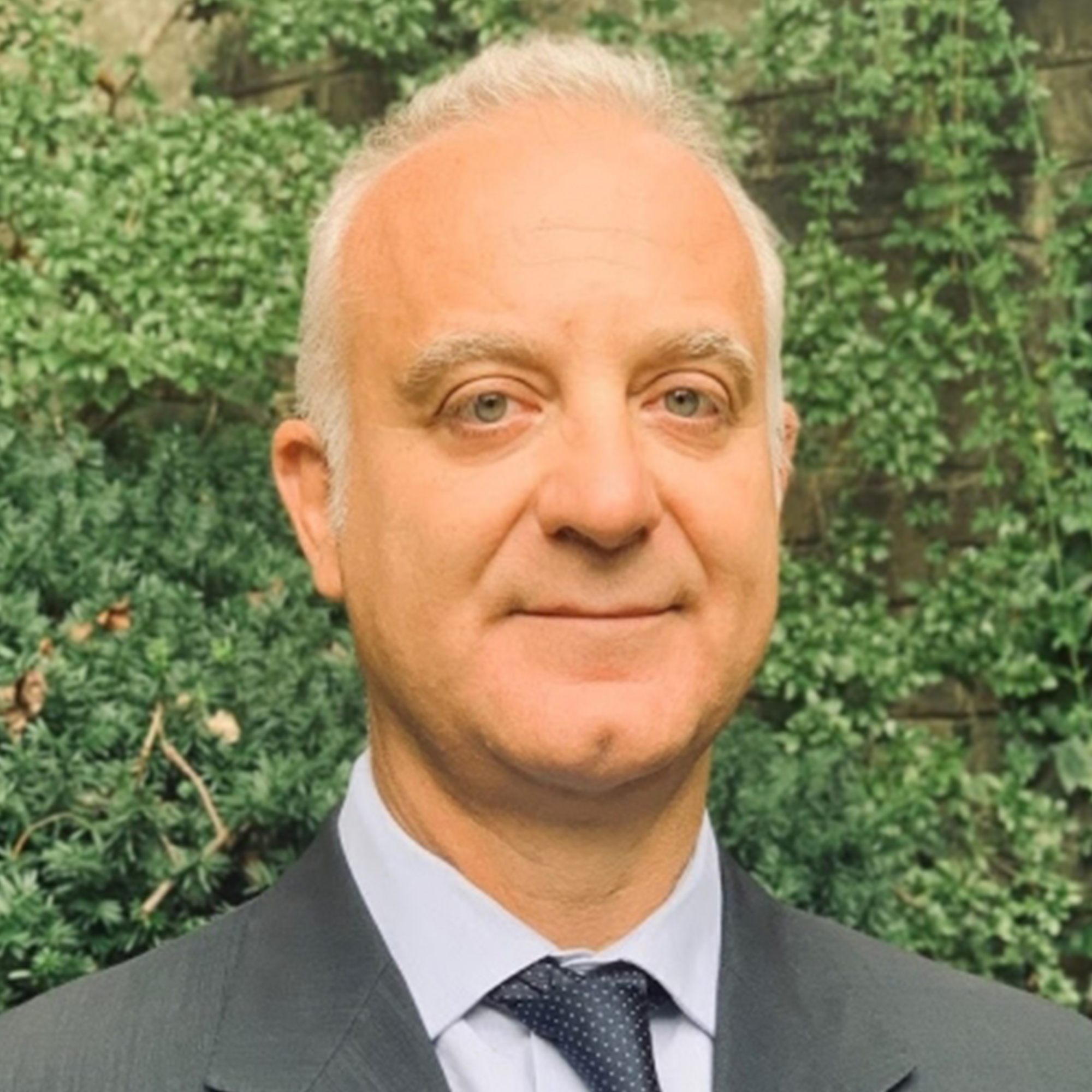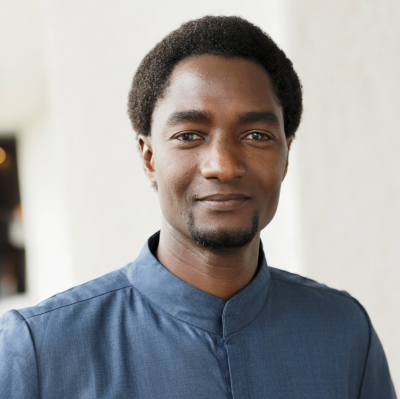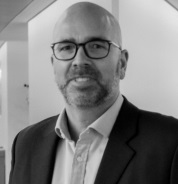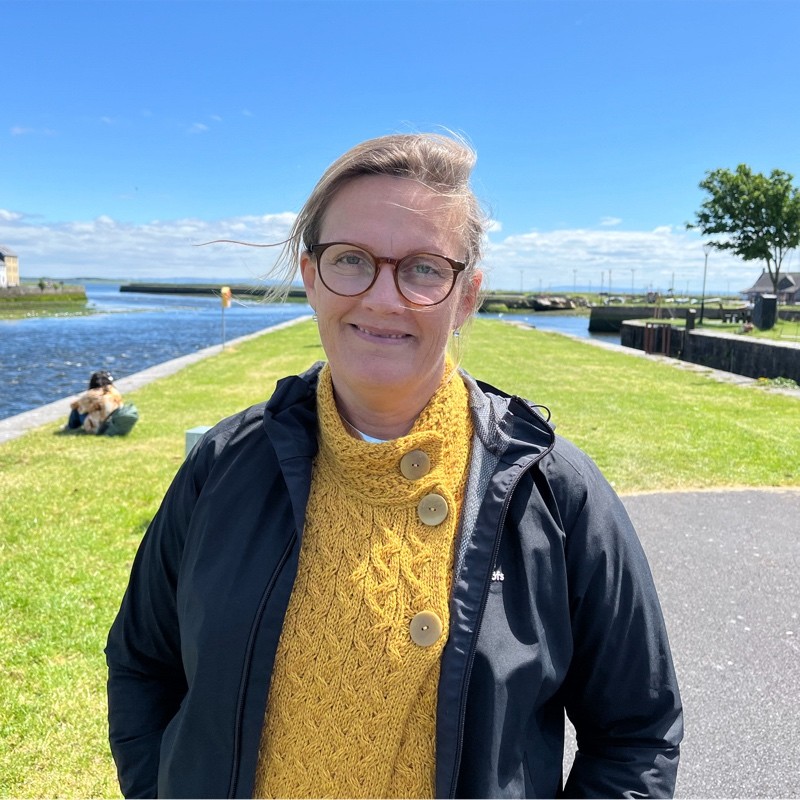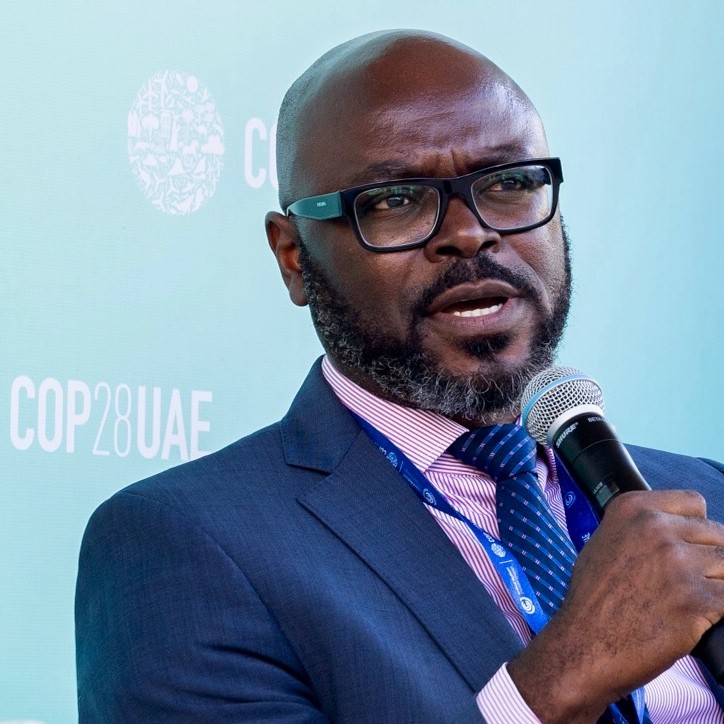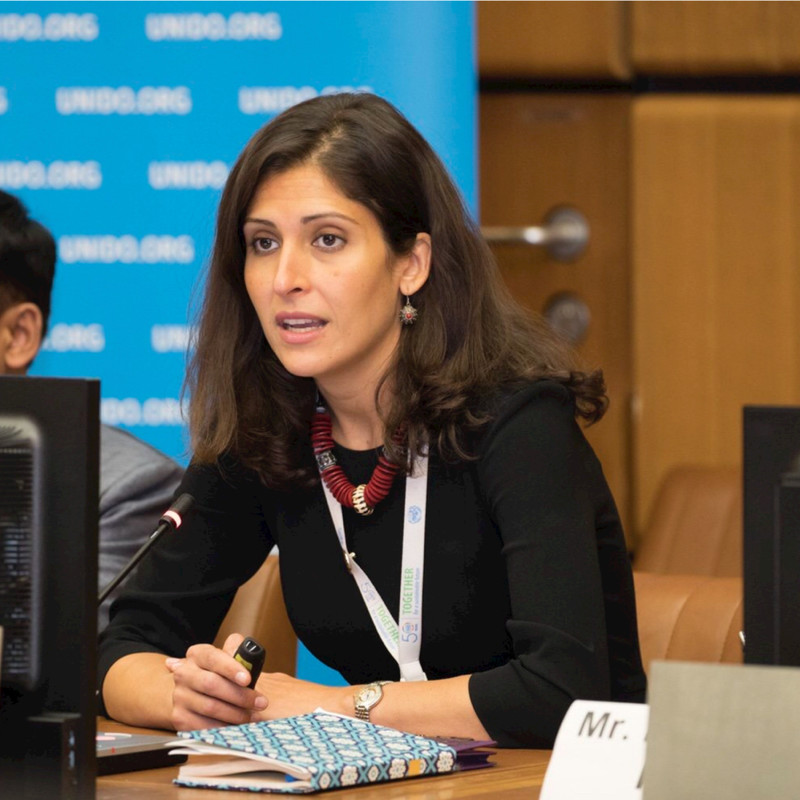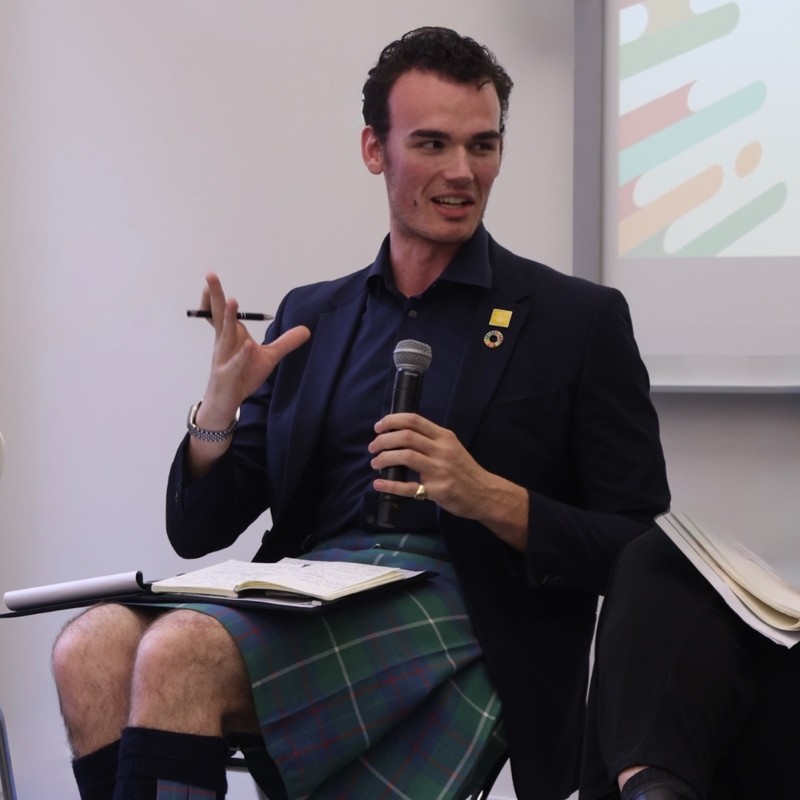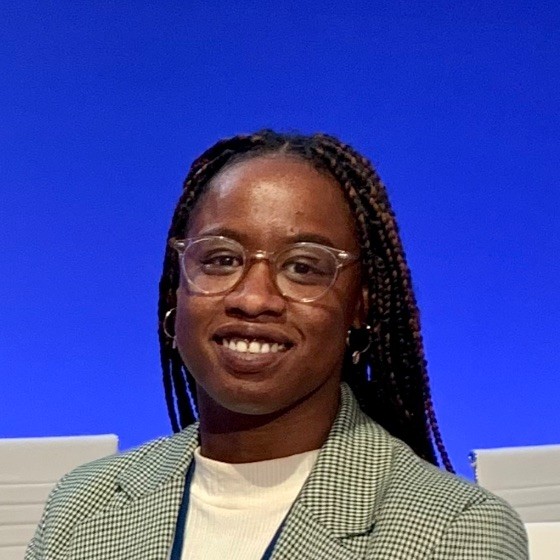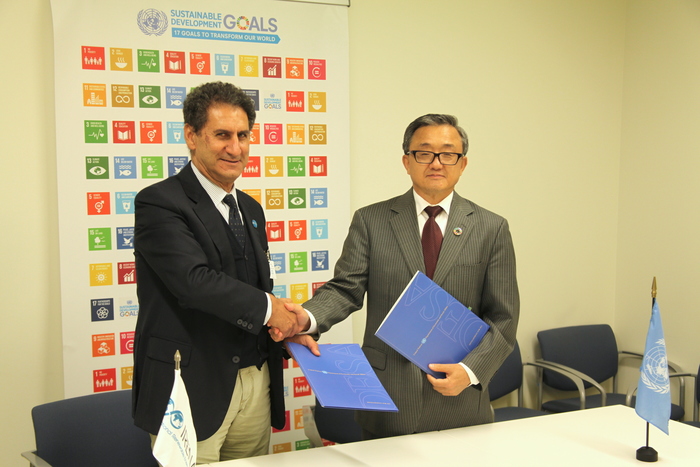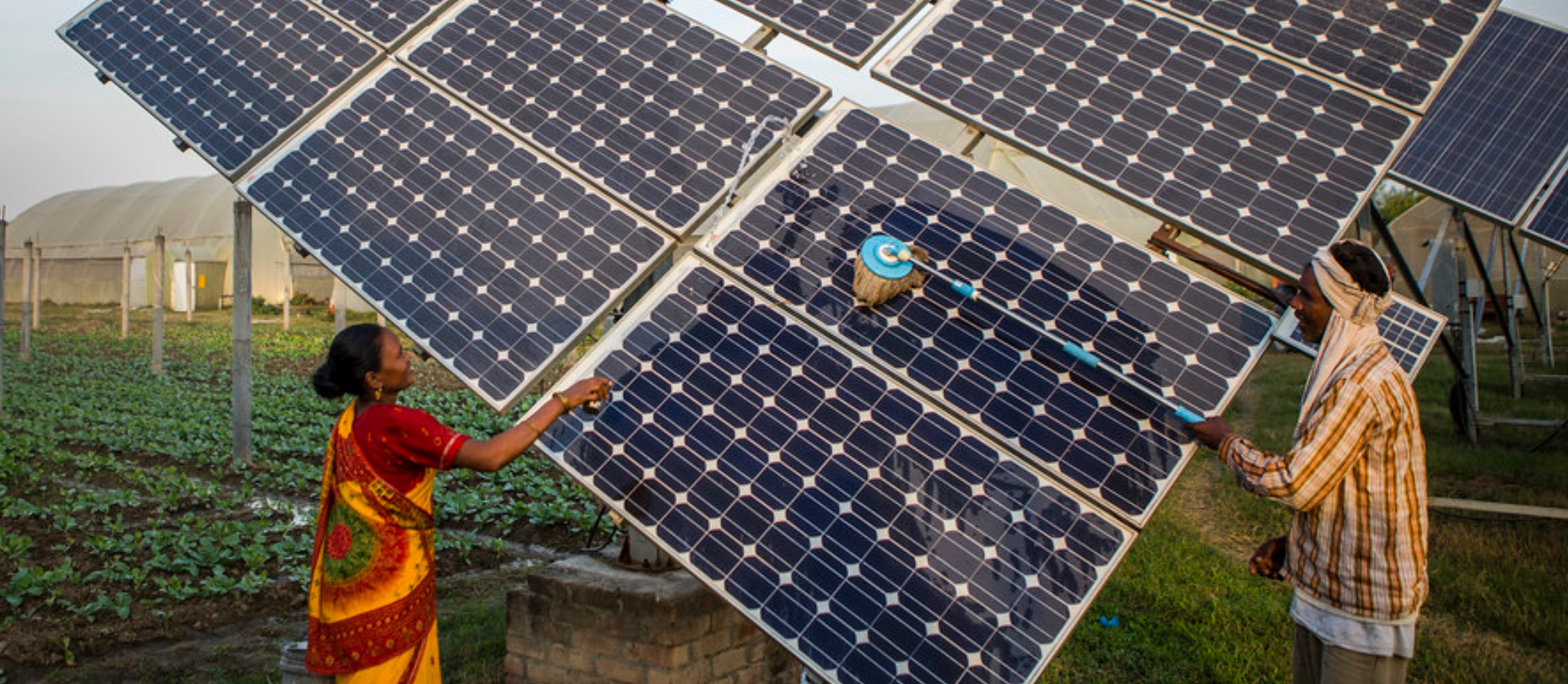SDG7 TAG
Multi-stakeholder Technical Advisory Group on SDG7 – Clean and affordable energy
Related Goals

Home

Special Consultation Meeting of the SDG7 TAG
On 13 January, the SDG7 Technical Advisory Group met at IRENA Headquarters in Abu Dhabi for a special consultation meeting with government representatives as to discuss how best to support the preparatory process for the review of SDG7 at the HLPF 2026. Discussions also focused on identifying potential key messages and policy recommendations on SDG7.

Consultation on Renewables in Support of the HLPF
On 10 January 2026, UN DESA convened a consultation at the margins of the 16th IRENA Assembly. This “High-level Consultation Towards the Review of SDG7 at the HLPF 2026: Tripling Renewables in Support of the Agenda 2030 and Beyond” brought together leadership from government, private sector and civil society to facilitate an inclusive and substantive dialogue, gathering diverse perspectives as part of the preparatory process that will directly inform the official review process of SDG 7 at the HLPF 2026.


Policy Briefs on Energy and Employment, Most Vulnerable Countries Launched at SDG7 Action Forum
Leaders and Experts Join to Expand Impact and Partnerships for a Just Energy Transition
Hundreds of leaders and experts from governments, international organizations, businesses and youth groups around the world came together on 24-25 September 2025 for fruitful discussions at the fourth annual EnergyNow SDG7 Action Forum organized by UN-Energy on the margins of the UN General Assembly High-Level Week. The Forum included the launch of two SDG7 Policy Briefs produced by the SDG7 Technical Advisory Group.
Francesco La Camera, Director-General of IRENA, presented a SDG7 Policy Brief on Decent Work (SDG8), which contains data tracking progress on jobs in renewable energy. He noted findings of widening inequality and rising costs, but said renewables offer an escape from poverty towards a more equal society. He explained that the cost of renewables is lower than fossil fuel alternatives, but the benefits still reach too few countries and sectors.
Roland Mollerus, Director of UN OHRLLS, presented a SDG7 Policy Brief on the Least Developed Countries (LDCs), Landlocked Developing Countries (LLDCs) and Small Island Developing States (SIDS). He noted the findings that these vulnerable countries are not on track to meet SDG7, have wide rural-urban disparities, and lack access to climate technology, renewable energies, energy-efficiency technologies, and adequate financing. To address this situation, he highlighted as critical steps: access to concessional loans and grants; prioritizing finance for those lacking access to clean energy; and national energy plans and policy coherence.
The annual progress report on the Energy Compacts was also launched at the Forum, showing that commitments by governments, businesses and others have grown to $1.6 trillion in finance and investment towards boosting renewables and energy access by the 2030 SDG target, with $284 billion already mobilized.
Policy Briefs: SDG7 Policy Brief on Energy’s Interlinkages with Decent Work (SDG8)
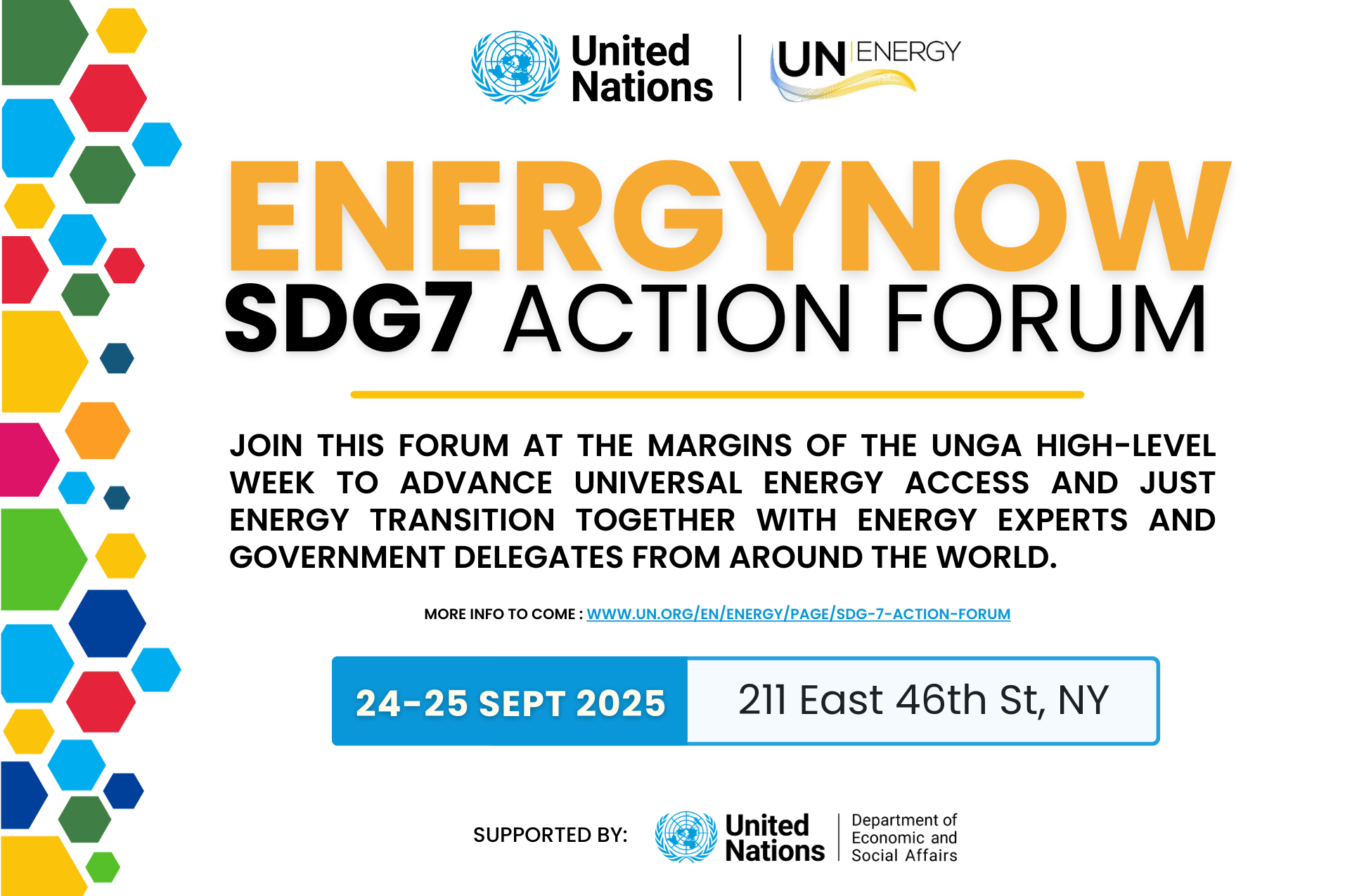
Energy Leaders and Experts Join SDG7 Action Forum to Expand Impact and Partnerships for a Just Energy Transition at Key Moment of Opportunity
Hundreds of energy leaders and experts from governments, international organizations, business and youth groups around the world will gather on 24-25 September 2025 for the fourth annual EnergyNow SDG7 Action Forum, organized by UN-Energy on the margins of the UN General Assembly High-Level Week and as part of Climate Week NYC.
At over a dozen sessions over the two days, participants will strategize how best to scale up innovative solutions and mobilize resources and partnerships to end energy poverty and advance a just energy transition, aiming to accelerate progress towards Sustainable Development Goal 7 (clean and affordable energy for all) and a net-zero future. This year's Forum draws on the strategic opportunities identified by UN Secretary-General António Guterres in his July address on “supercharging the clean energy age," in which he strongly reaffirmed that the transition to renewables is inevitable – and the vast benefits it will bring for people and economies.
At the Forum, the annual progress report on the Energy Compacts will be launched, showing how governments, businesses, foundations and others are moving forward on their commitments by which they have pledged over $1.4 trillion in finance and investment towards boosting renewables and energy access by the 2030 SDG target.
The event will be held in-person at 211 East 46th Street in New York, just a few blocks from UN Headquarters, with online participation available in a limited manner.

SDG7 Policy Briefs Urge Governments to Prioritize
Energy Access, Scale Up Investment, Pursue Synergies
Based on the latest data and policy recommendations, UN and international experts are calling on governments and stakeholders to urgently prioritize action for universal access to electricity and clean cooking solutions, and energy transition, in a drive to achieve SDG7 by 2030. The SDG7 Policy Briefs in Support of the HLPF 2025 (prepared by the SDG7 Technical Advisory Group) are being presented together with the Tracking SDG7: The Energy Progress Report 2025 (prepared by IEA, IRENA, UN Statistics Division, the World Bank and WHO) to governments at a launch event on 16 July, during the annual High-level Political Forum on Sustainable Development, at the UN in New York.
The SDG7 Policy Briefs this year highlight how pursuing synergistic policies can achieve multiple goals. In line with the 2025 HLPF focus, this year’s SDG7 Policy Briefs highlight energy’s vital interlinkages with health (SDG3), gender equality (SDG5), decent work and economic growth (SDG8), and the urgent needs of least developed countries (LDCs), landlocked developing countries (LLDCs), and small island developing States (SIDS).
The SDG7 Policy Briefs are based on the latest data from the Tracking SDG7 report which show that, in 2023, 666 million people still lacked electricity, with sub-Saharan Africa accounting for 85 per cent of the total, and 2.1 billion people worldwide still relied on polluting cooking fuels, the reports show that we are still far behind in meeting the SDG7 targets, despite record growth in renewables in recent years. We need to rapidly accelerate a just energy transition that will triple global renewable energy capacity and double the rate of improvement of energy efficiency by 2030, as well as dramatically scale up finance and investments, especially in support of the most vulnerable countries.

Tracking SDG7 Report Finds Energy Access
Has Improved, But Financial Support Still Needed
to Boost Progress and Address Disparities
Almost 92% of the world’s population now has basic access to electricity, according to the latest data released in Tracking SDG 7: The Energy Progress Report 2025, at a virtual briefing on 25 June. While this is an improvement, 666.4 million people remain without access, with current progress insufficient to reach the target of universal access by 2030. Calling for urgent action to meet basic energy needs, the report also stresses that continued progress on renewable energy and energy efficiency are key to achieve both sustainable development and climate goals. The report is prepared annually by the five indicator custodian agencies that monitor data on Sustainable Development Goal 7 -- IEA, IRENA, UN Statistics Division, World Bank and WHO.
The report urges scaled-up investments in support of SDG7 in developing countries, including targeted finance to boost distributed renewable energy (mini-grid and off-grid solar systems), which is cost-effective, rapidly scalable and able to reach communities in the remote rural areas where most people lacking electricity live. Off-grid clean technologies, such as household biogas plants and mini-grids that power electric cooking, can also provide cooking solutions for the estimated 1.5 billion people in rural areas still cooking with wood, charcoal and other polluting fuels that have serious health impacts.
International financial flows to developing countries in support of clean energy grew for a third year in a row to reach USD 21.6 billion in 2023. Installed renewables capacity per capita continued to increase year-on-year to reach a new high of 341 watts per capita in developing countries, up from 155 watts in 2015.

Meeting of the SDG7 TAG at the Margins of IRENA Assembly
On 14 January, an in-person meeting of the SDG7 Technical Advisory Group took place at the margins of the 15th Session of the IRENA Assembly in Abu Dhabi. The meeting served to strategize the implementation of the SDG7 TAG’s two-year work plan, focusing on preparations for the SDG7 review at the High-Level Political Forum (HLPF) 2026, alignment with post-2030 energy agendas, and enhancing the strategic use of SDG7 Policy Briefs to inform global dialogues and shape the energy narrative across key forums, including COP, G20, and regional consultations.
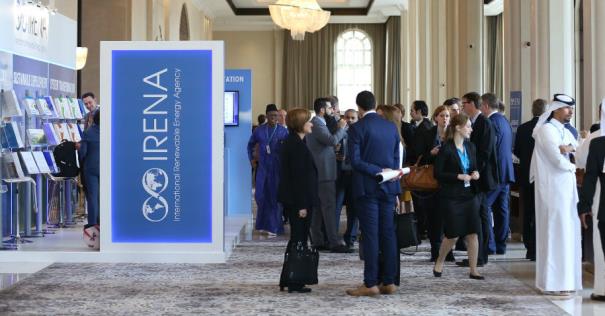
Discussions on Advancing SDG7 at the IRENA Assembly
On 11 January 2025, UN DESA, in collaboration with UN-Energy and the SDG7 Technical Advisory Group, will convene an event titled "SDG7 on Sustainable Energy: The Road Ahead" at the margins of the 15th IRENA Assembly. Building on the Pact of the Future and the extension of the UN Decade of Sustainable Energy for All, the event will bring together government representatives, international organizations and civil society stakeholders to explore strategies to accelerate action and align energy policies with sustainable development goals, while providing an opportunity to shape a collaborative and ambitious energy agenda for the future.

At COP29 in Baku: UN-Energy Members Look at How to Accelerate Universal Energy Access and Just Energy Transition
Energy was high on the agenda at Climate COP29, held in Baku, Azerbaijan, from 11 to 22 November.
Among the dozens of energy-related events, a session on Ensuring Universal Energy Access and Just Energy Transition: From the Summit of the Future to the SDG7 Review at HLPF 2026 was convened by UN DESA in collaboration with UN-Energy and the SDG7 Technical Advisory Group (TAG) at the SDG Pavilion. Officials from several UN-Energy members, including IRENA, UN DESA, UN ESCAP, UNIDO and IAEA, joined with stakeholders REN21 and the SDG7 Youth Constituency to highlight the urgency of achieving SDG7 targets, including universal energy access, renewable energy integration, clean cooking solutions, and energy efficiency. Discussions centered on strategies to accelerate progress for the 2026 SDG7 review, tackle energy poverty, and promote a just energy transition. Building on commitments from the Pact of the Future, the event emphasized actionable pathways and aligning energy policies with global sustainability goals.
UN-Energy members organized over fifty events during the COP on wide-ranging aspects of a just energy transition, including key issues such as expanding investment, clean cooking, critical minerals, linkages with updated NDCs and Energy Compact commitments and partnerships.
For the full downloadable list, please visit this link.
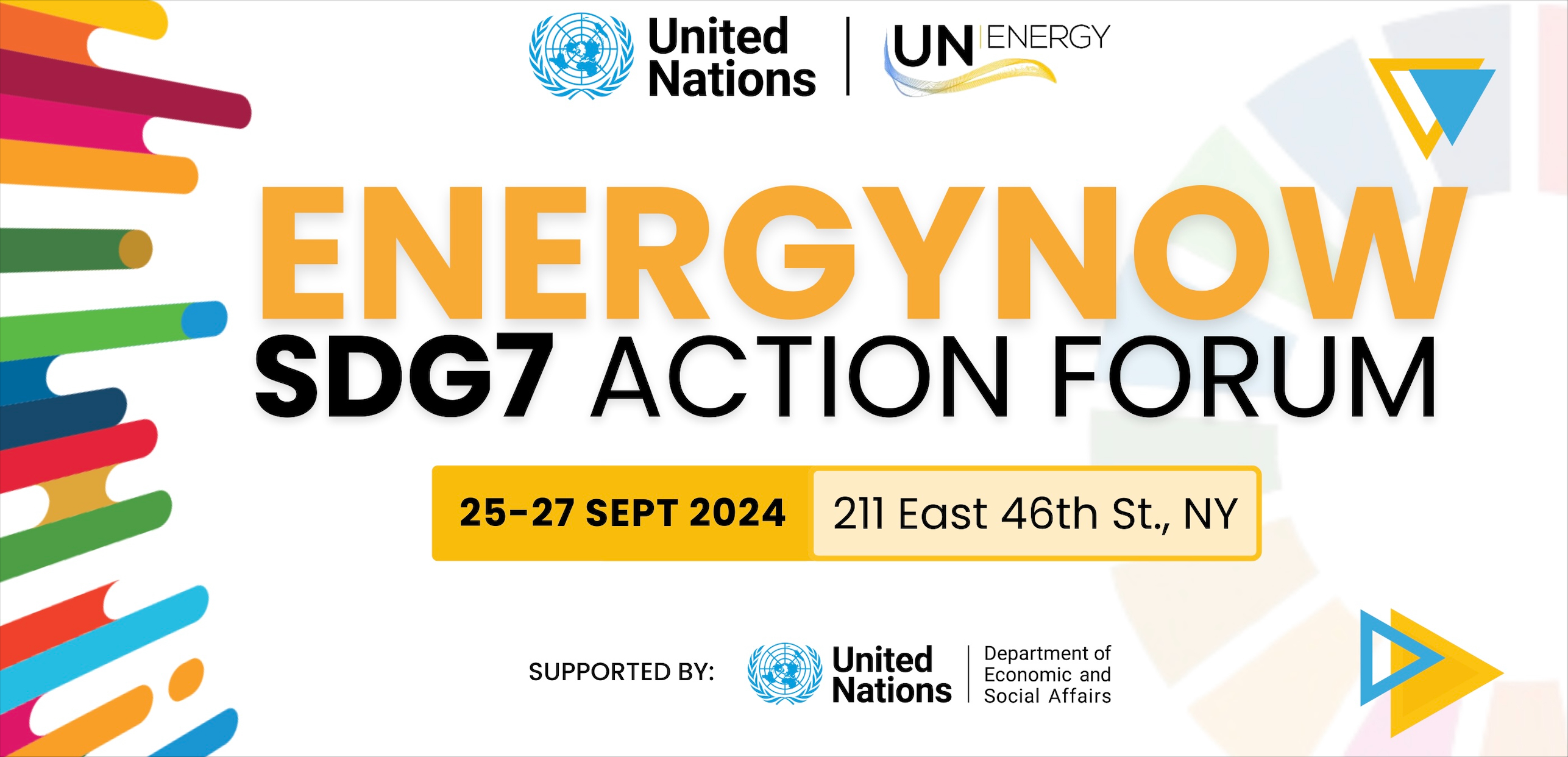
Hundreds of Energy Leaders and Experts Join Action Forum to Expand Initiatives on Energy Access and Transition
Three days of intensive discussions on how to scale up action on energy access and transition wrapped up on 27 September with many promising ideas to carry forward, as the EnergyNow SDG7 Action Forum concluded in New York. The event, organized by UN-Energy, convened hundreds of energy leaders, experts and activists -- from Government Ministers to investment strategists and gender specialists -- to share experiences and present initiatives for partnership, on the margins of the UN General Assembly high-level week.
The third edition of the Energy Compacts Annual Progress Report was launched at the high-level opening, showing that the Compacts continue to grow in number and impact, with new commitments to boost renewable energy and increase access to electricity and clean cooking technologies by 2030 bringing the finance and investment pledged through the Compacts to US$ 1.4 trillion. The Action Forum highlighted progress on several Energy Compacts including 24/7 carbon free energy; green hydrogen; gender and energy; the SICA regional compact for Central America; and the Sustainable Water and Energy Solutions Network.
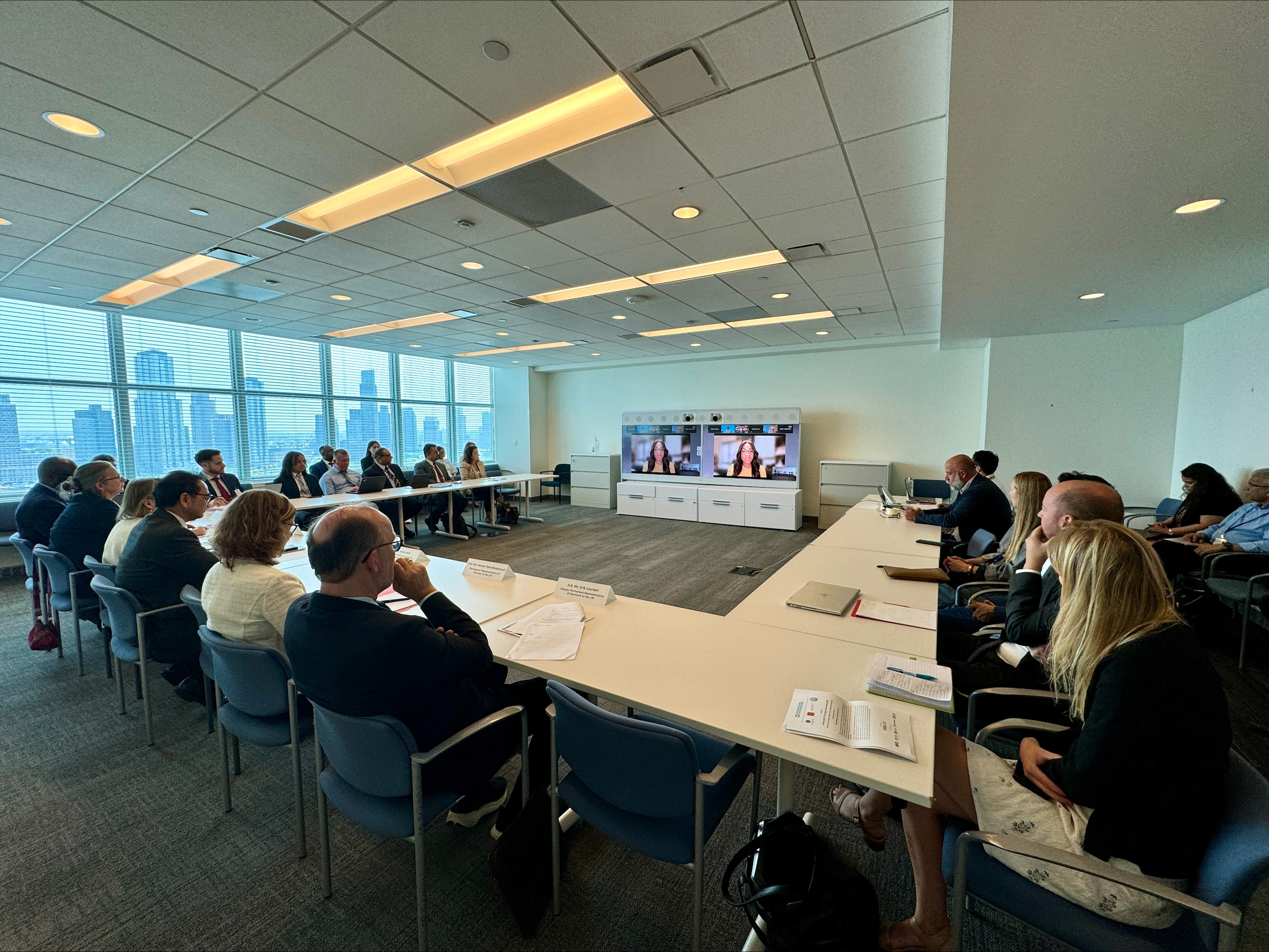
Tracking SDG7 report officially launched at HLPF 2024
Tracking SDG7: The Energy Progress Report 2024 was officially launched on 15 July at United Nations Headquarters, at an event during the UN High-level Political Forum on Sustainable Development. The event was co-hosted by UN DESA and the Co-Chairs of the Group of Friends of Sustainable Energy (Denmark, Ethiopia, Norway and Pakistan) in partnership with the five organizations that jointly produce the annual report as "custodians" of the SDG7 indicators. These are the International Energy Agency (IEA, acting as Chair for 2024), the International Renewable Energy Agency (IRENA), the UN Statistics Division, the World Bank, and the World Health Organization (WHO), each of which presented the trends in the data they compile. Discussions focused on how to accelerate action, including how best to reach those who still lack access to electricity and clean cooking, who are often in remote rural areas, and how to spur increased investments and finance.
Energy will be a key issue at this year's High-level Political Forum on Sustainable Development, taking place 8-17 July at UN Headquarters in New York. As part of the official proceedings, SDG13 on Climate Action is one of the Sustainable Development Goals under review, putting a just and equitable energy transition at center stage.
In addition, a number of side events will keep the dialogue going on how to achieve various aspects of SDG7 – clean, affordable energy for all. A calendar, with links for those events that are virtual or hybrid, can be found here.
For more information visit the official website: High-Level Political Forum 2024.
New Report: Progress on Basic Energy Access
Reverses for First Time in a Decade
The global energy access gap has worsened as population growth has outpaced new connections, leaving 685 million people living without electricity access in 2022, according to the 2024 edition of Tracking SDG7: The Energy Progress Report, issued on 12 June. The latest data also shows that 2.1 billion people continue to rely on damaging cooking fuels globally.
The report, issued jointly by the International Energy Agency (IEA), the International Renewable Energy Agency (IRENA), the UN Statistics Division (UNSD), the World Bank, and the World Health Organization (WHO), finds that the world remains off course to achieve Sustainable Development Goal (SDG) 7 for energy by 2030. There has been some progress on specific elements of the SDG 7 agenda – for example, the increased rate of renewables deployment in the power sector – but progress is insufficient to reach the SDG targets.
A combination of factors contributed to the increase in those without electricity, including the global energy crisis, inflation, growing debt distress in many low-income countries, and increased geopolitical tensions. However, promising trends in the rollout of decentralised energy solutions, largely based on renewable energy, are helping accelerate progress, particularly in rural areas where eight in ten people without access live today. See press release.
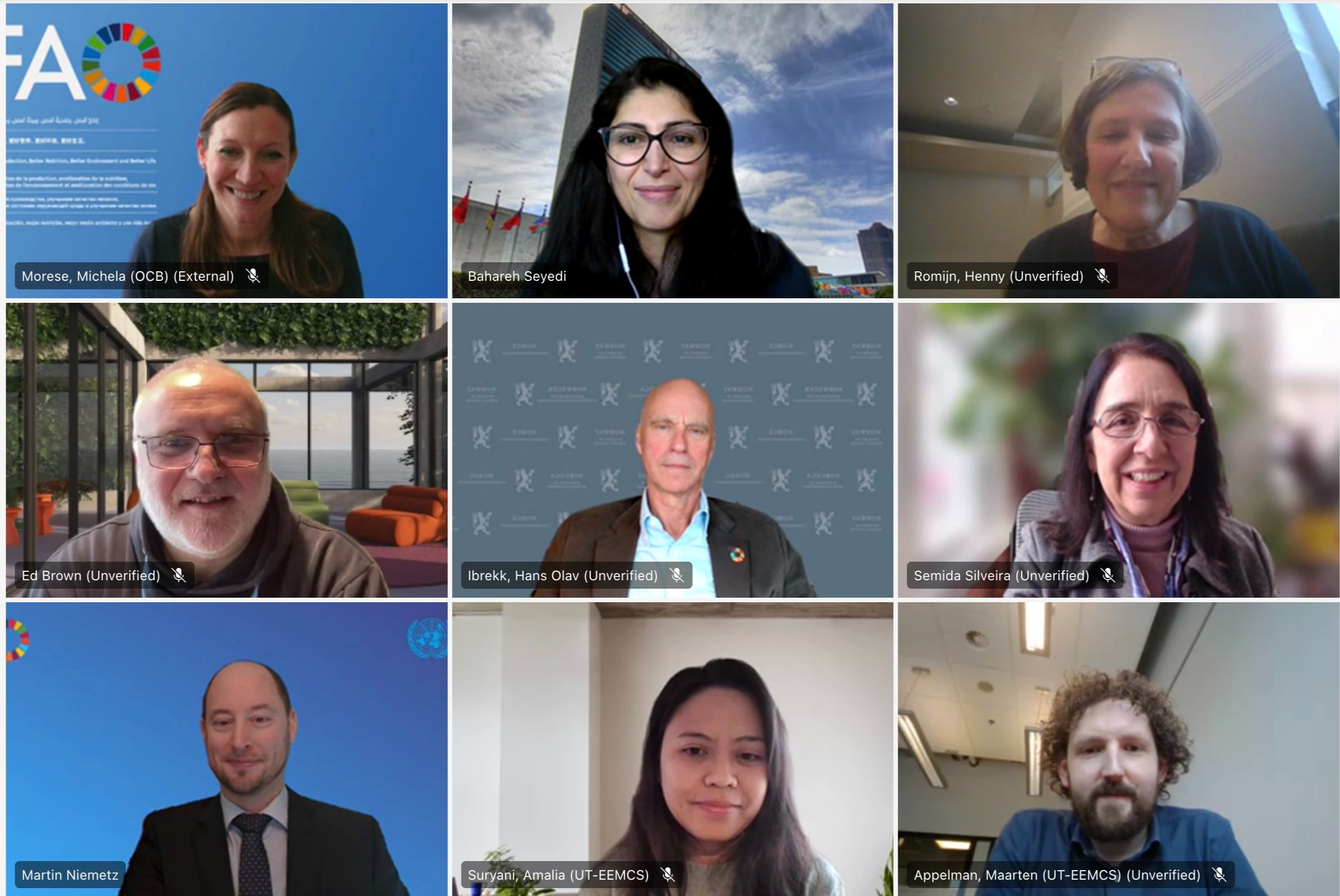
Experts Bring Diverse Perspectives to Global Stocktaking on Sustainable Energy
Over 100 experts from around the world met virtually on 21 March in two sessions, to share wide-ranging perspectives on how to radically accelerate action to achieve clean, affordable, reliable energy for all by 2030 -- Sustainable Development Goal 7 -- and net zero emissions to support climate goals under the Paris Agreement.
The meetings were part of regional and thematic consultations being organized by UN DESA to prepare for the global stocktaking on SDG7, to be convened on 19 April during Sustainability Week by the President of the UN General Assembly, as mandated by the Assembly. Key questions also included how to scale up multi-stakeholder partnerships and what further intergovernmental arrangements are needed, at the conclusion of the UN Decade of Sustainable Energy for All (2014-2024)...click here!
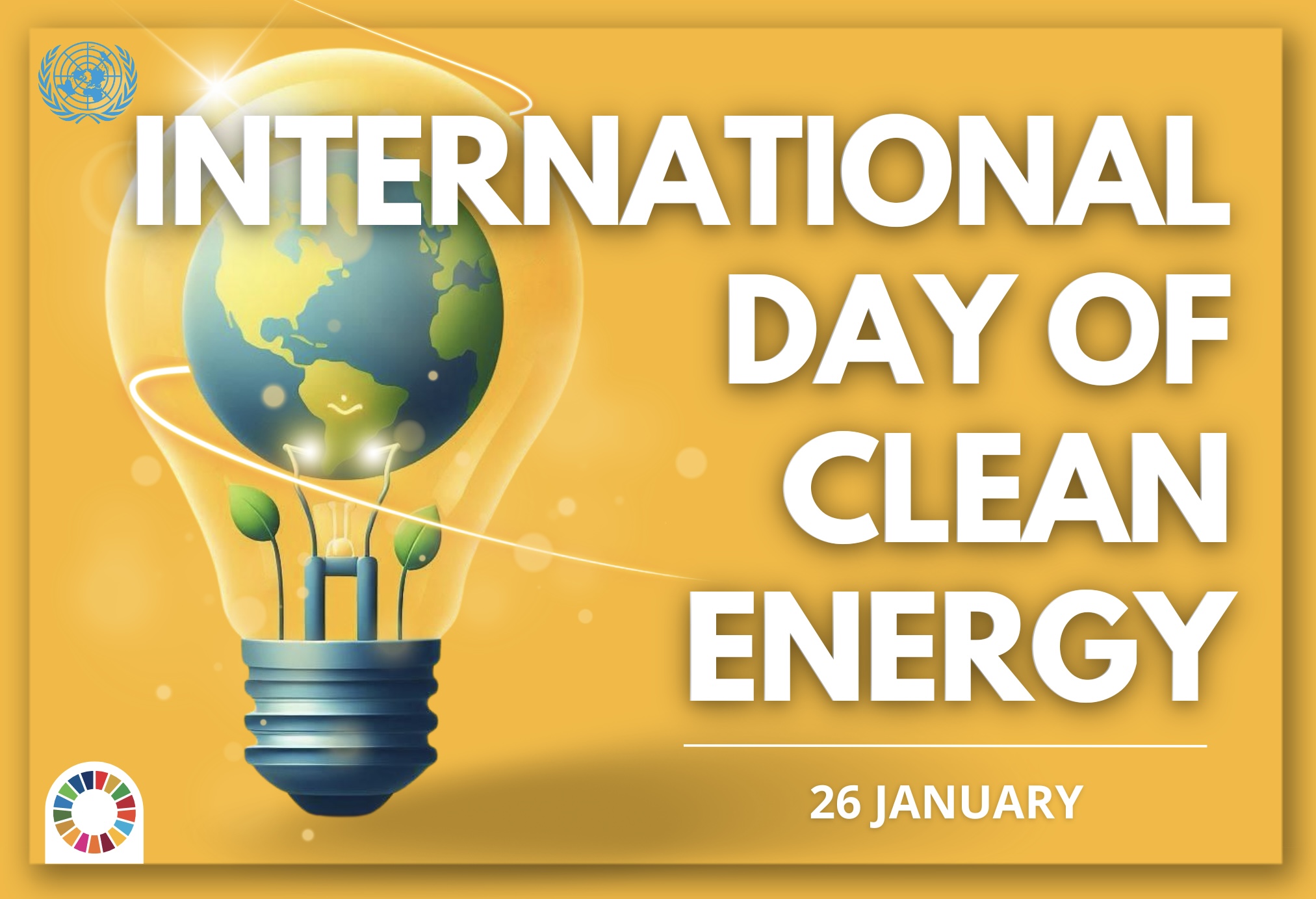
UN Celebrates World's First International Day of Clean Energy
On January 26, the United Nations will mark its very first International Day of Clean Energy, representing a significant milestone in our collective commitment to a sustainable future. Adopted by the UN General Assembly, this day signifies a global celebration of clean energy and its pivotal role in achieving a just and inclusive energy transition. With a dedicated focus on advocating for clean and renewable energy sources, this occasion serves as a unifying platform for governments, businesses, and individuals across the globe to expedite the shift towards more sustainable and efficient energy systems. Let us unite in advancing awareness, innovation, and collaborative efforts to address climate change and ensure a cleaner, greener planet for generations to come. To learn more about this new UN Observance and how you can power a brighter, cleaner future, click here!
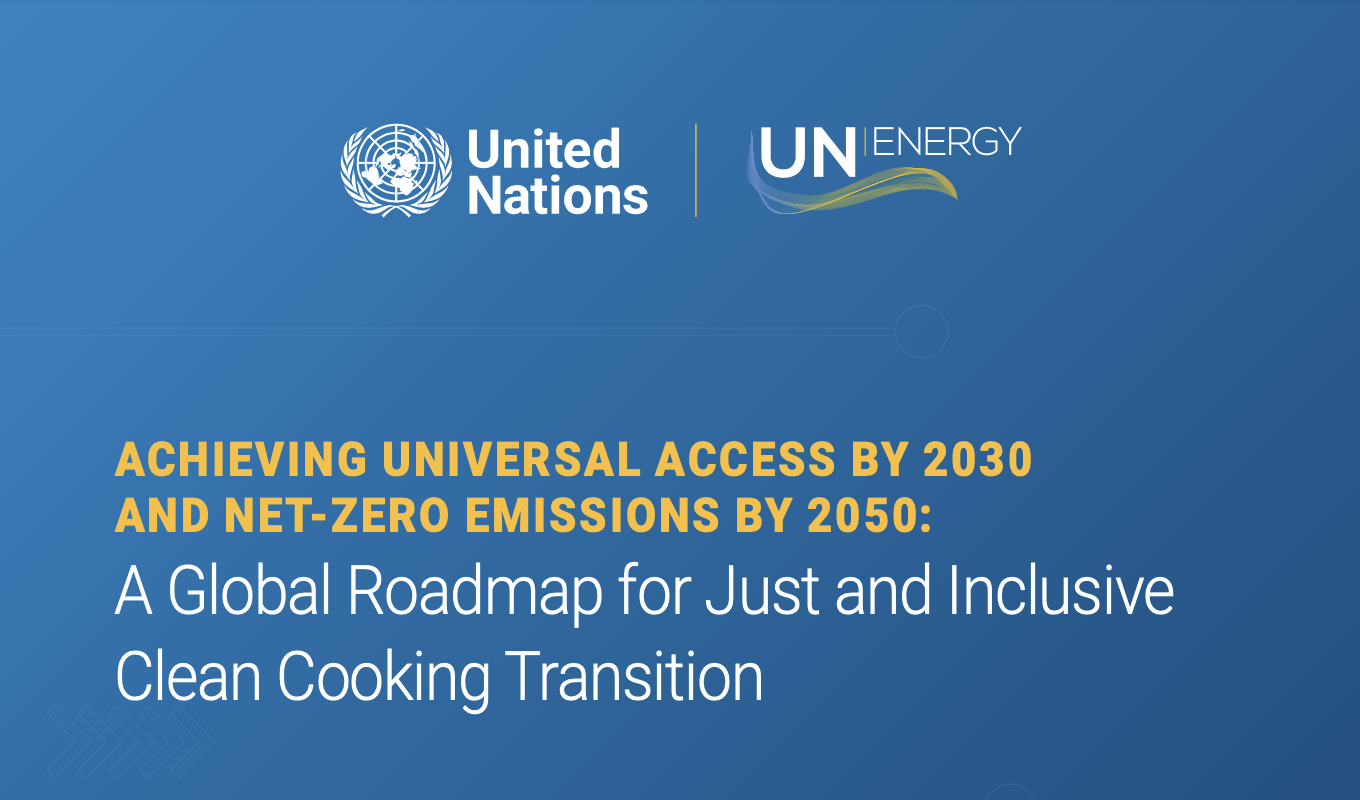
New UN-Energy Policy Brief provides Roadmap on Clean Cooking
An advanced unedited version of the new UN-Energy Policy Brief "Achieving Universal Access by 2030 and Net-Zero Emissions by 2050: A Global Roadmap for Just and Inclusive Clean Cooking Transition" is now available online.
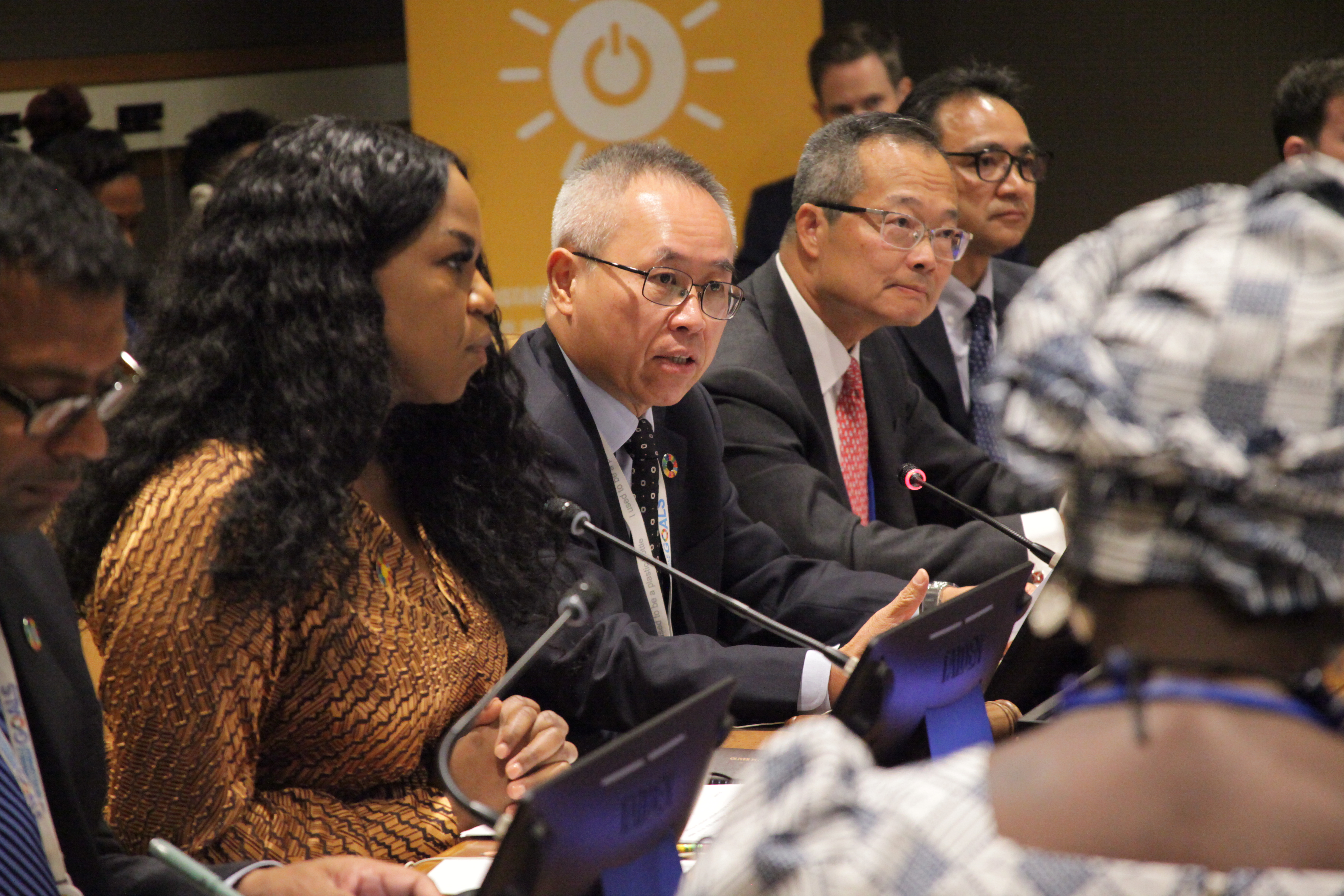
High-Level Launch of Energy Progress Report and Policy Briefs
Sets Stage for SDG7 Review by Governments
A high-level launch event was held on 11 July to present the findings and recommendations of the 2023 editions of Tracking SDG7: The Energy Progress Report and the SDG7 Policy Briefs, as a contribution to the in-depth review of SDG7 by Governments at this year's High-level Political Forum.
Mr. Li Junhua, UN Under-Secretary-General for Economic and Social Affairs, welcomed participants, stating that the evidence in these two reports shows that, at the mid-point of the 2030 Agenda, we are way off-track for reaching our energy promises and commitments, but with rapid acceleration of global efforts, it is still possible to achieve SDG7 by the target year. He called for swift implementation of the outcomes of the UN High-level Dialogue on Energy, including the Global Roadmap for Accelerated SDG7 Action and the Energy Compacts, which have been selected as one of twelve High-Impact Initiatives to be featured in connection with the SDG Summit in September. Read More>>
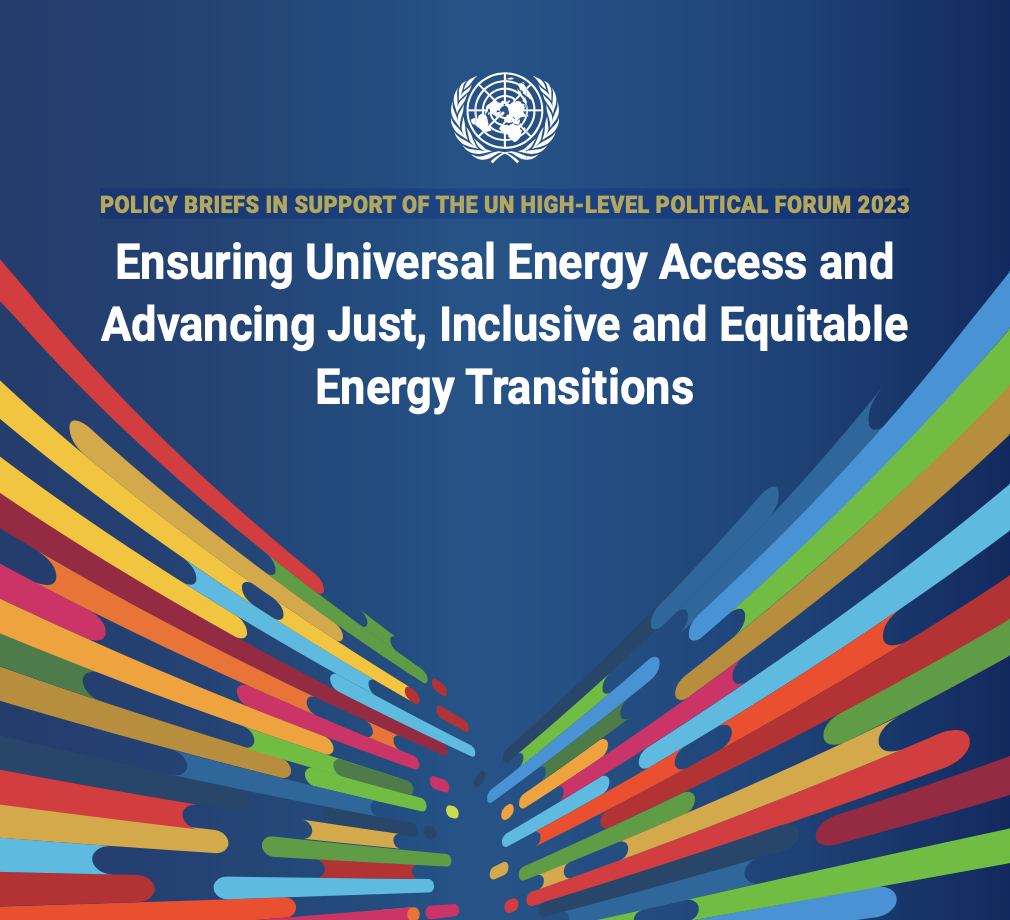
Full compilation of the SDG7 Policy Briefs now available online
Compiled by the SDG7 Technical Advisory Group (SDG7 TAG), the Policy Briefs on SDG7 in support of the UN High-level Political Forum provide concrete policy recommendations towards achieving SDG7, based on data analysis. This year’s compilation includes not only regional perspectives on advancing SDG7, but also insights on just, inclusive, and equitable energy transitions. The SDG7 TAG is made up of 40 multi-stakeholder experts convened by UN DESA.

Expert Webinar: Just, inclusive and equitable energy transition: A framework for advancing the SDGs and a net-zero, climate-resilient future
Join us on 7 July, 08:30–09:30 EDT (NY time), for this webinar on “Just, inclusive and equitable energy transition: A framework for advancing the SDGs and a net-zero, climate-resilient future.”
The SDG7 Policy Briefs are developed in support of the High-level Political Forum which this year will review progress and action needed on SDG7. Compiled by the SDG7 Technical Advisory Group (SDG7 TAG), these policy briefs provide concrete policy recommendations towards achieving SDG7. The SDG7 TAG is made up of 40 multi-stakeholder experts convened by UN DESA. This webinar will feed into a policy brief under development on this subject.
Click this link to join the virtual event: https://bit.ly/3O3QR93
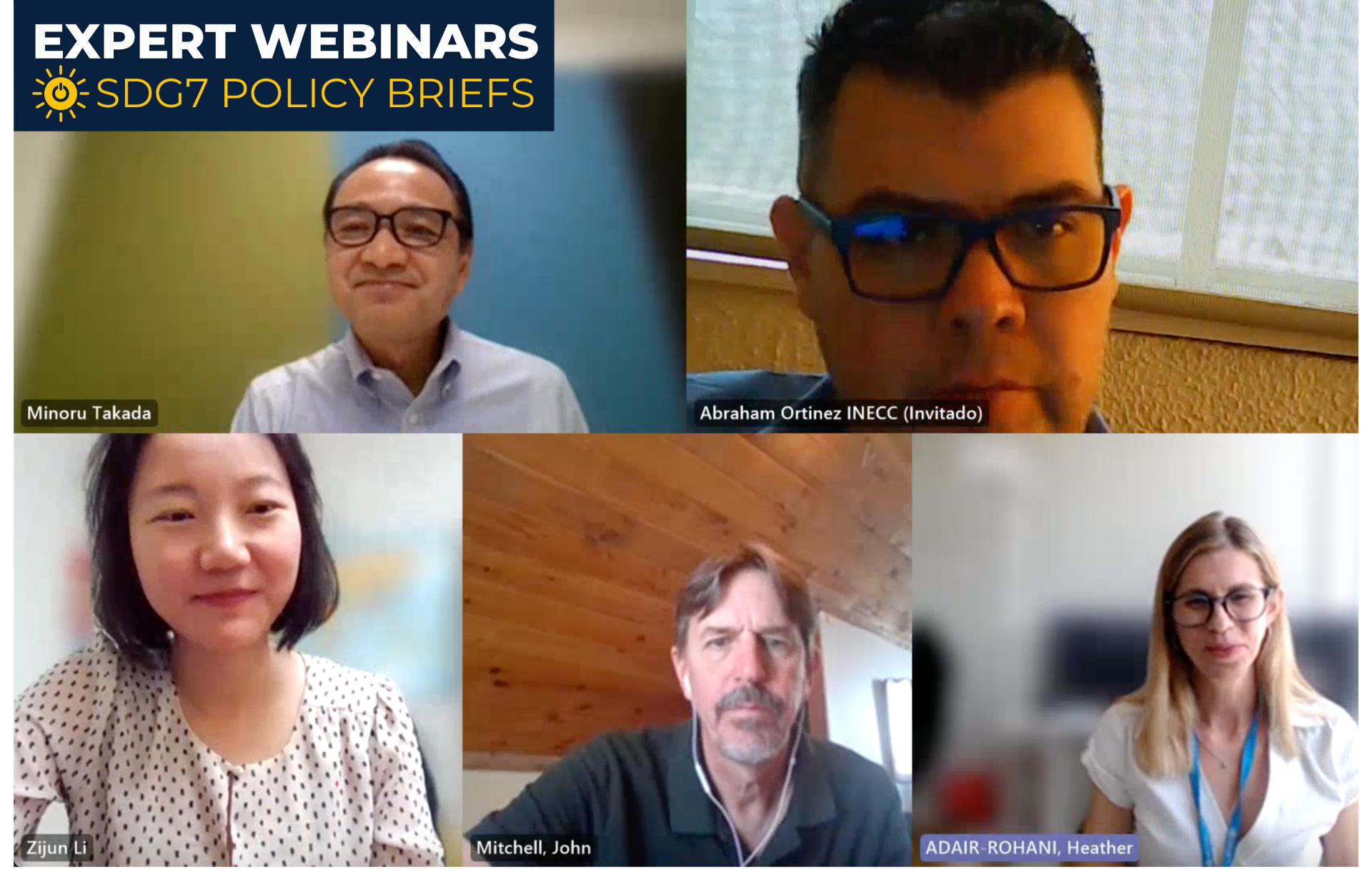
Experts Outline Global Roadmap for Just and Inclusive Clean Cooking Transition
Expert speakers presented a timeline for what actions are needed to eliminate cooking poverty by 2030, achieve universal access to modern cooking technologies by 2040, and get to net-zero emissions from cooking by 2050. Read More>>
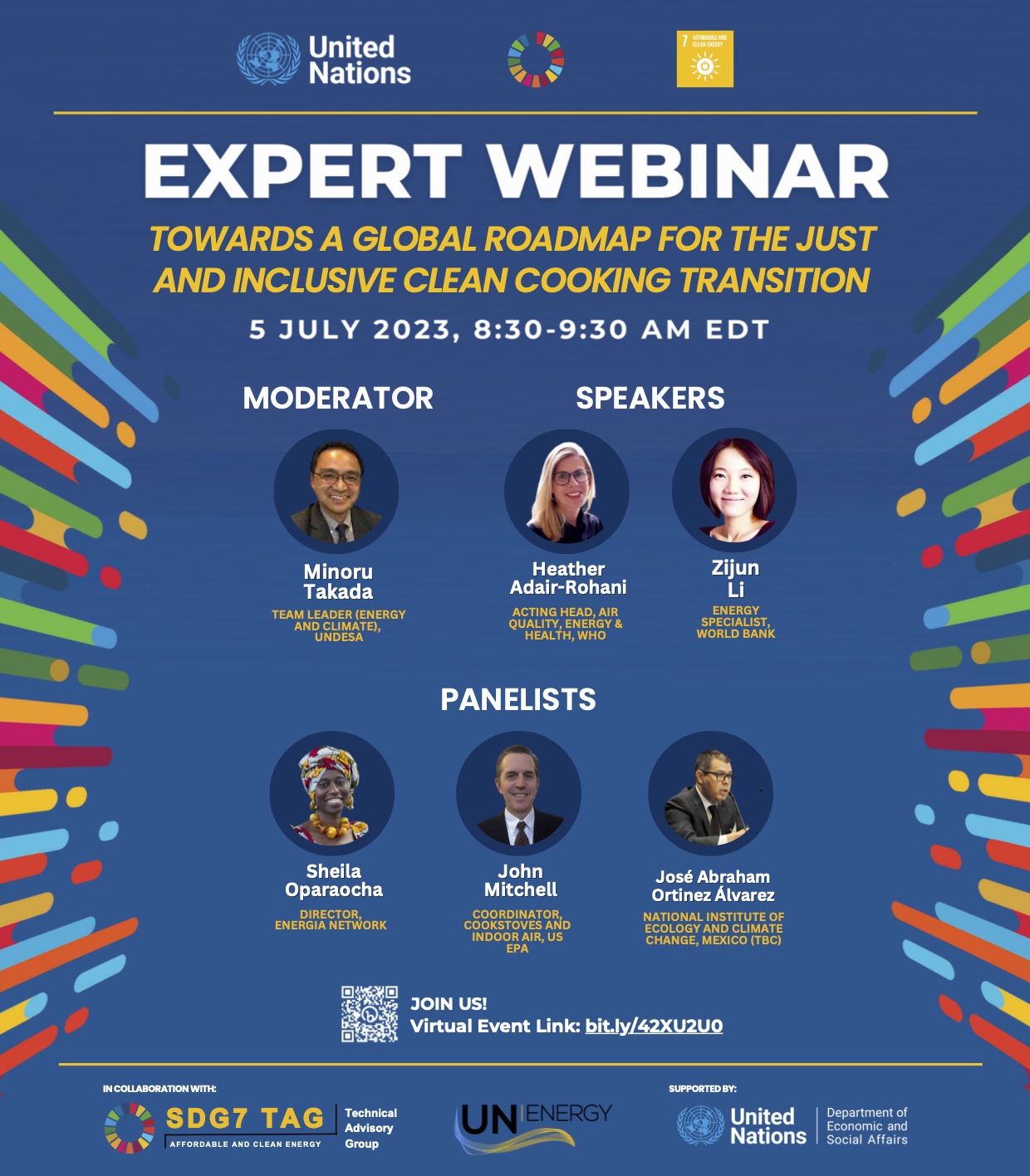
Expert Webinar: Towards A Global Roadmap for the Just and Inclusive Clean Cooking Transition
Join us on 5 July, 08:30–09:30 EDT (NY time), for this webinar on “Towards A Global Roadmap for the Just and Inclusive Clean Cooking Transition” moderated by Minoru Takada (UN DESA). Our presenters, Heather Adair-Rohani (WHO) and Zijun Li (World Bank), will explore key elements of a potential global clean cooking transition roadmap for the world, as an integral part of accelerating just, inclusive, and equitable energy transitions. Read More>>
Click this link to join the virtual event.

Two new UN-Energy Policy Briefs on Power System Connectivity and Critical Raw Materials Development now available online
The two UN-Energy Policy Briefs are issued in support of the UN High-level Political Forum (HLPF). These briefs shed light on Advancing Power System Connectivity in Support of SDG7 and on Aligning Critical Raw Material Development with Sustainable Development, providing important policy recommendations. Additional thematic policy briefs will be published online in the next weeks leading up to the review of SDG7 at the HLPF on 12 July 2023.
Advancing Power System Connectivity in Support of SDG7
Aligning Critical Raw Material Development with Sustainable Development
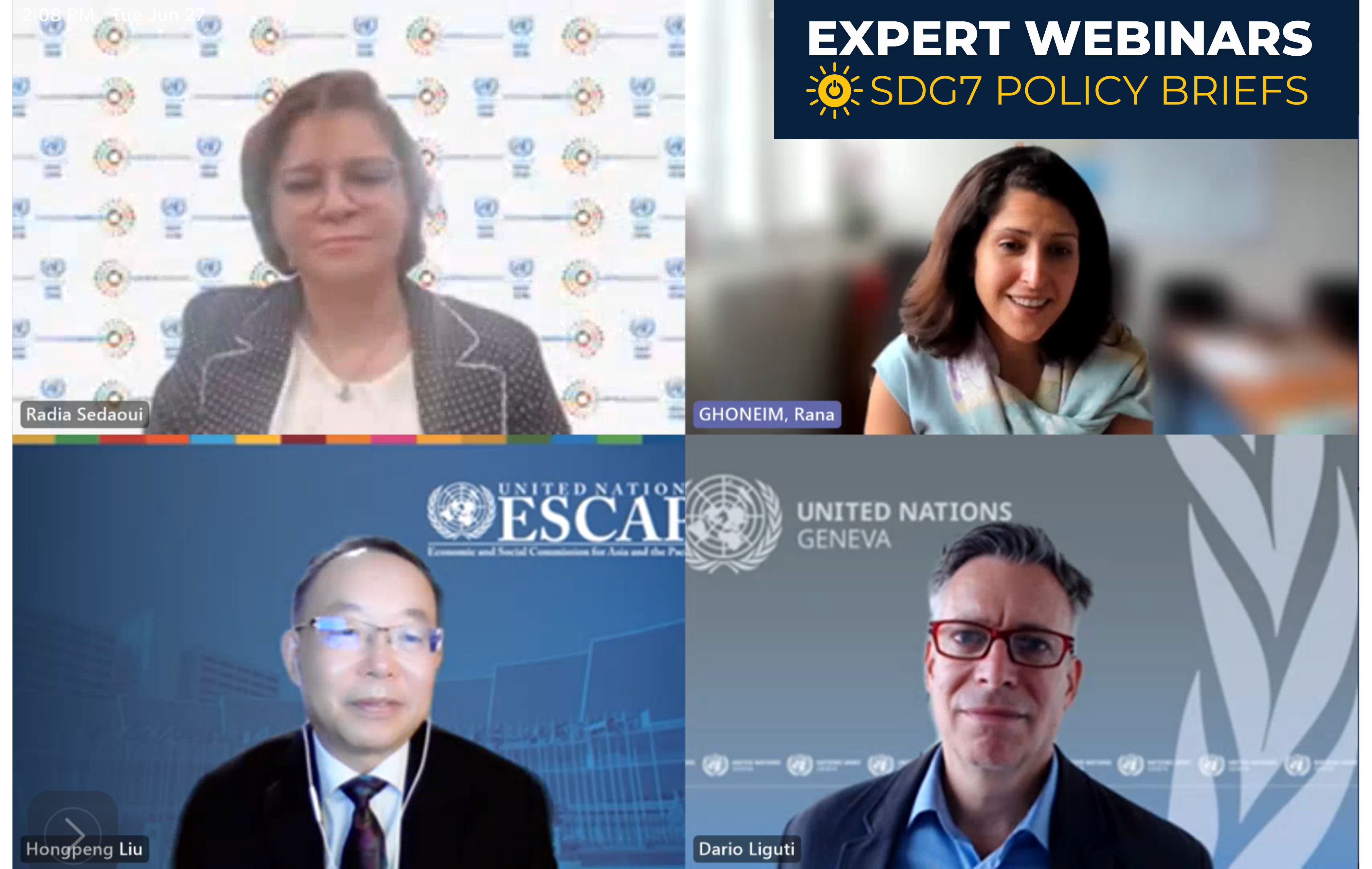
UN-Energy Experts Call for Increased Investment in Power Grid Connectivity and Improved Governance of Critical Raw Materials
More investment and harmonized regulatory frameworks are needed to improve power grid connectivity across borders, and thus enable greater access to and sharing of modern and renewable energy resources, as well as resilience in the face of power disruptions. Read More>>
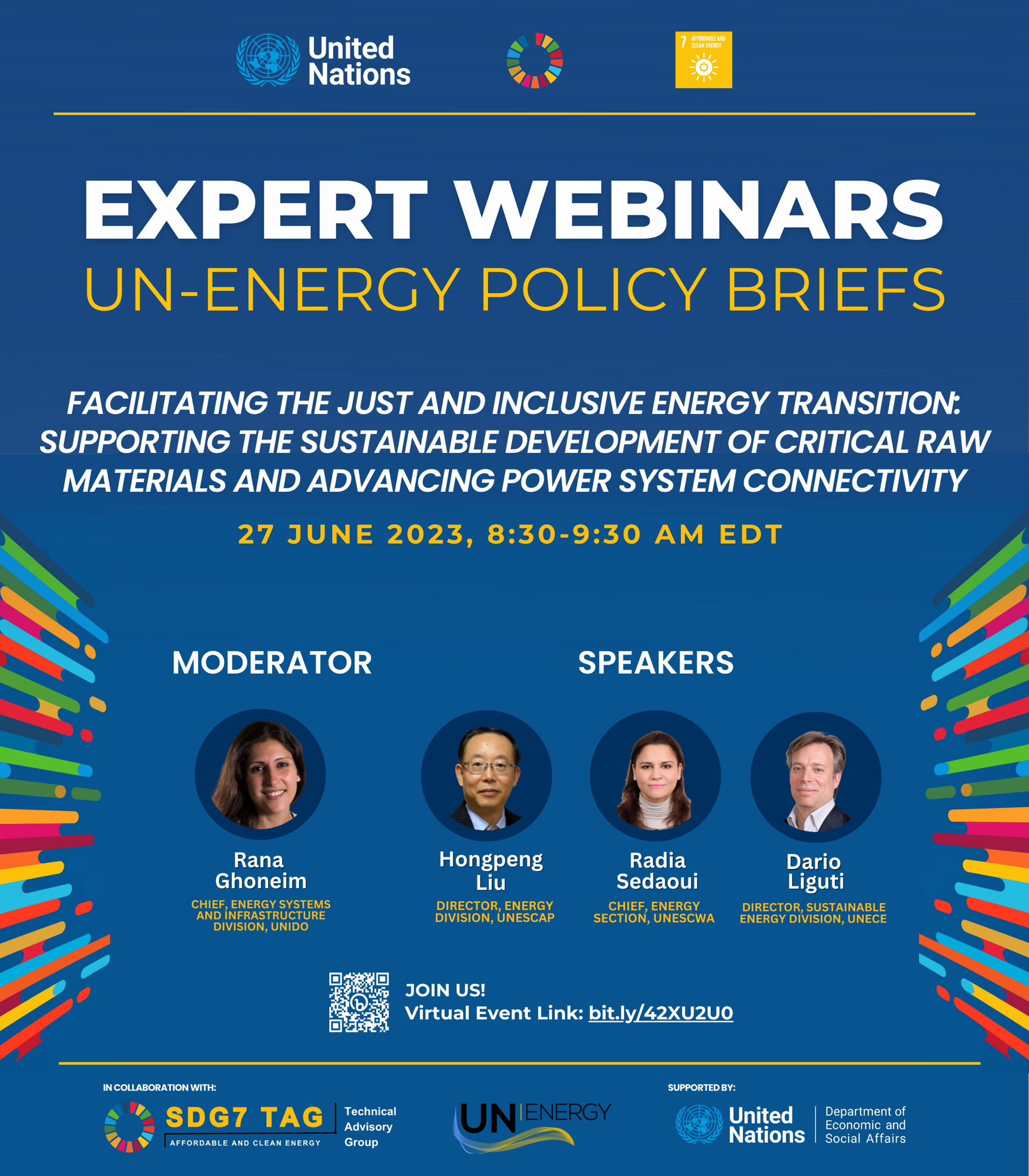
Expert Webinar Series: “Facilitating the Just and Inclusive Energy Transition: Supporting the Sustainable Development of Critical Raw Materials (CRM) and Advancing Power System Connectivity”
Join us on 27 June, 08:30–09:30 EDT (NY time), for this webinar on "Facilitating the Just and Inclusive Energy Transition: Supporting the Sustainable Development of Critical Raw Materials (CRM) and Advancing Power System Connectivity." Our presenters will share their valuable insights and recommendations and shed light on the necessary actions to drive progress towards a net-zero future.
These Policy Briefs are developed in support of the High-level Political Forum which this year will review progress and action needed on SDG7. They provide concrete policy recommendations towards achieving SDG7.
Click this link to join the virtual event: https://bit.ly/42XU2U0
Expert Webinar on "Advancing SDG7: Regional Perspectives from Africa, Latin America and the Caribbean, and the Least Developed Countries, Landlocked Developing Countries and Small Island Developing States"
20 June 2023
Moderator Hans Olav Ibrekk opened the webinar by introducing the three policy briefs which had been released online that day.
Rayen Quiroga from UN ECLAC noted that 16 million people in the Latin America and Caribbean region still lacked electricity and 77 million still lacked clean cooking. Of the primary energy supply, 33% is renewable, but the energy efficiency improvement rate is stagnant. ECLAC recommended that an average of 1.3% of the region's GDP be invested into the energy transition over a decade, which would enable universal access to electricity from renewables, generate 7 million green jobs and reduce CO2 emissions by 31.5%.
Monga Mehlwana from UN ECA stated that 600 million Africans, 43% of the population, lacked access to electricity, mostly in rural areas. 80% of Africans still rely on traditional biomass for cooking, resulting in over 500,000 deaths each year from indoor pollution, with no large-scale improvements seen. ECA was focusing on expediting regulatory reform and developing bankable projects to increase investment in renewables, with an estimated need of $28 billion by 2030, including $13 billion for mini-grids.
Shifaana Thowfeequ from UN OHRLLS said that the 92 countries categorized as LDCs, LLDCs or SIDS accounted for two-thirds of all people globally who lack electricity access, but they received less than a third of global financing, with international public financial flows for clean energy falling for the fourth year in a row, down to US$ 10.8 billion in 2021. Electricity access was increasing, but too slowly to reach the SDG7 targets.
Hans Olav Ibrekk wrapped up the webinar by stating that regional differences are part of the energy challenge we face, but across the board we need a quantum leap in investments, in both resources provided and bankable projects to attract and utilize them. The complete recommendations can be found in the policy briefs:
Advancing SDG7 in Africa
Advancing SDG7 in Latin America and the Caribbean
Advancing SDG7 in the Least Developed Countries, Landlocked Developing Countries, and Small Island Developing States
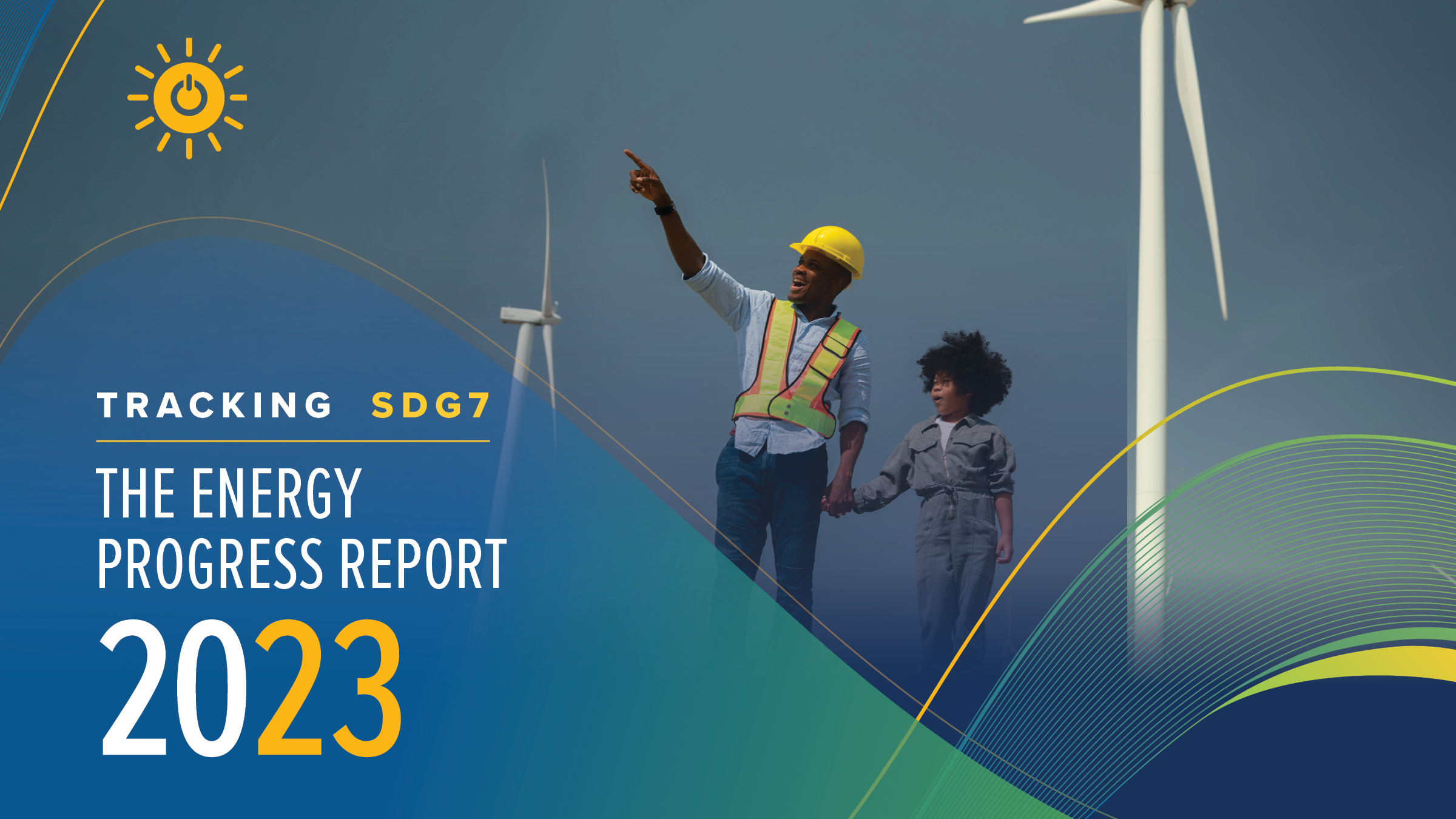
Updated Schedule for the Policy Brief Webinars
The schedule for the Policy Brief Webinars in the run up to the UN HLPF 2023 has been updated. Please note that the links to each webinars will be posted on this webpage closer to date. Stay tuned!
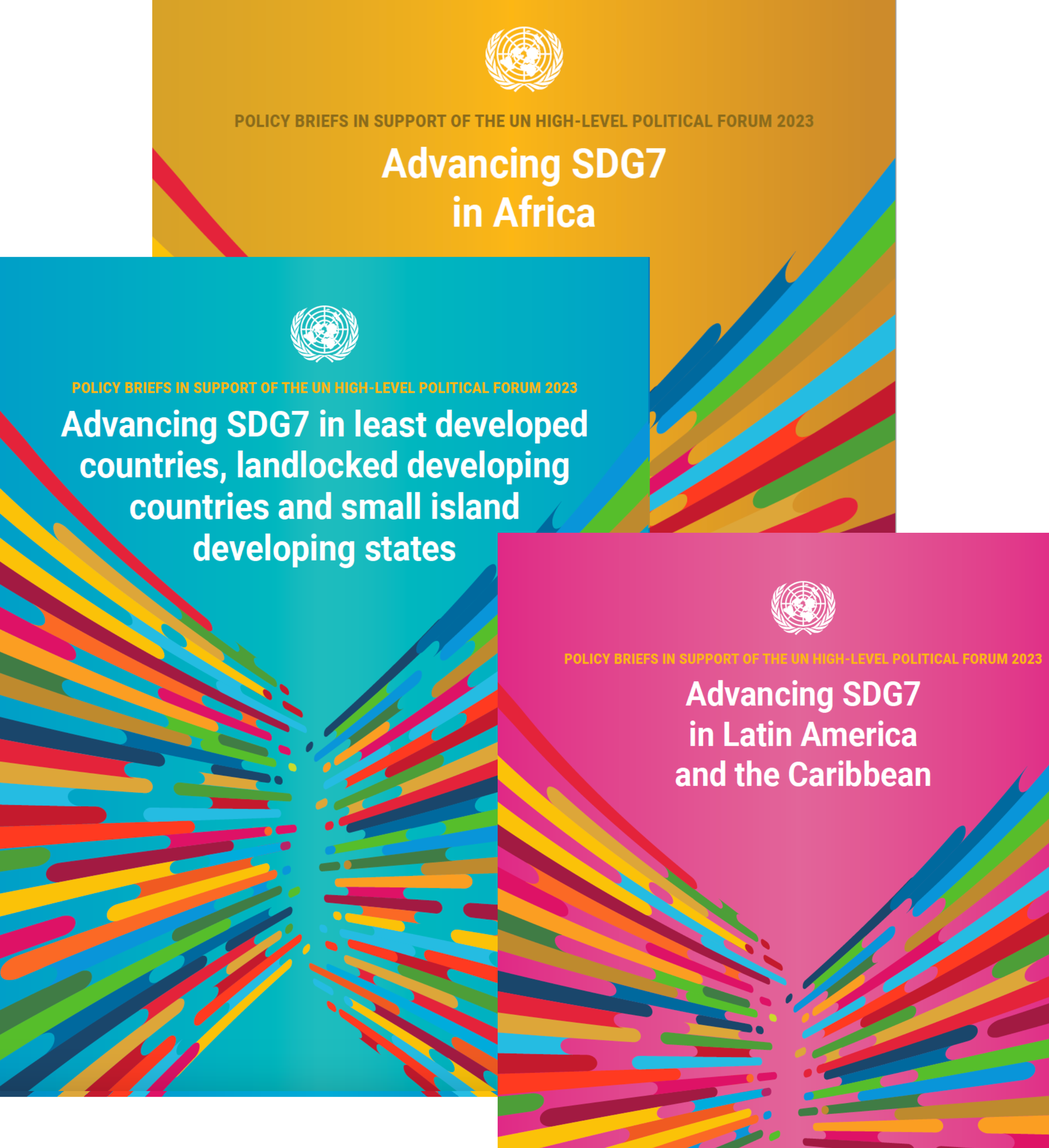
Three Policy Briefs on Advancing SDG7 in Africa, Latin America, LDCs, LLDCs and SIDS now available online
The next three SDG7 Policy Briefs in Support of the UN High-level Political Forum (HLPF) are now available online. These briefs shed light on regional progress towards the targets of SDG7, providing important policy recommendations based on data analysis. They are compiled by the SDG7 Technical Advisory Group (SDG7 TAG) which is made up of more than 40 multistakeholder experts convened by UN DESA. Additional thematic SDG7 Policy Briefs will be published online in the next weeks leading up to the review of SDG7 at the HLPF on 12 July 2023.
Advancing SDG7 in Africa
Advancing SDG7 in Latin America and the Caribbean
Advancing SDG7 in the Least Developed Countries, Landlocked Developing Countries, and Small Island Developing States
Expert Webinar on "Advancing SDG7: Regional Perspectives from the Arab region, Asia and the Pacific, and Europe
15 June 2023
Moderator Sheila Oparaocha opened the webinar, stating that achieving SDG7 with clean, affordable energy for all presents a huge opportunity, but progress is still far off track.
Hongpeng Liu of UN ESCAP noted the major challenge in the Asia-Pacific region that coal accounts for 40% of the energy supply and 60% of energy-related emissions, which continue to grow. Use of renewables is increasing but still under 20% of energy consumption, and only 74% of the population use clean cooking technologies.
Radia Sedaoui of UN ESCWA stated that, with the Arab region producing 32% of the world's oil, renewables account for only 5.1% of energy consumption and need more investment. In rural areas, electricity access rates averaged 81% and the clean cooking deficit was a challenge, especially in conflict-impacted countries like Somalia, Sudan and Yemen.
Dario Liguti of UN ECE noted that while Western Europe and North America were leaders in the transition to renewables, in the 17 countries where ECE provides support, the share of renewables in energy consumption had stagnated at 18.2% since 2014, and investment remained low at USD 7.2 billion versus USD 56.6 billion in Western Europe. Renewable energy needed to be diversified from the dominant hydropower, which is vulnerable to climate change, but the affordability of clean technologies and fuels had been heavily impacted by Covid and the war in Ukraine. The presenters highlighted a number of key recommendations for policy action in their regions which are listed in the three newly published SDG7 Policy Briefs: Advancing SDG7 in the Arab region, Advancing SDG7 in Asia and the Pacific, and Advancing SDG7 in the UN ECE Region.
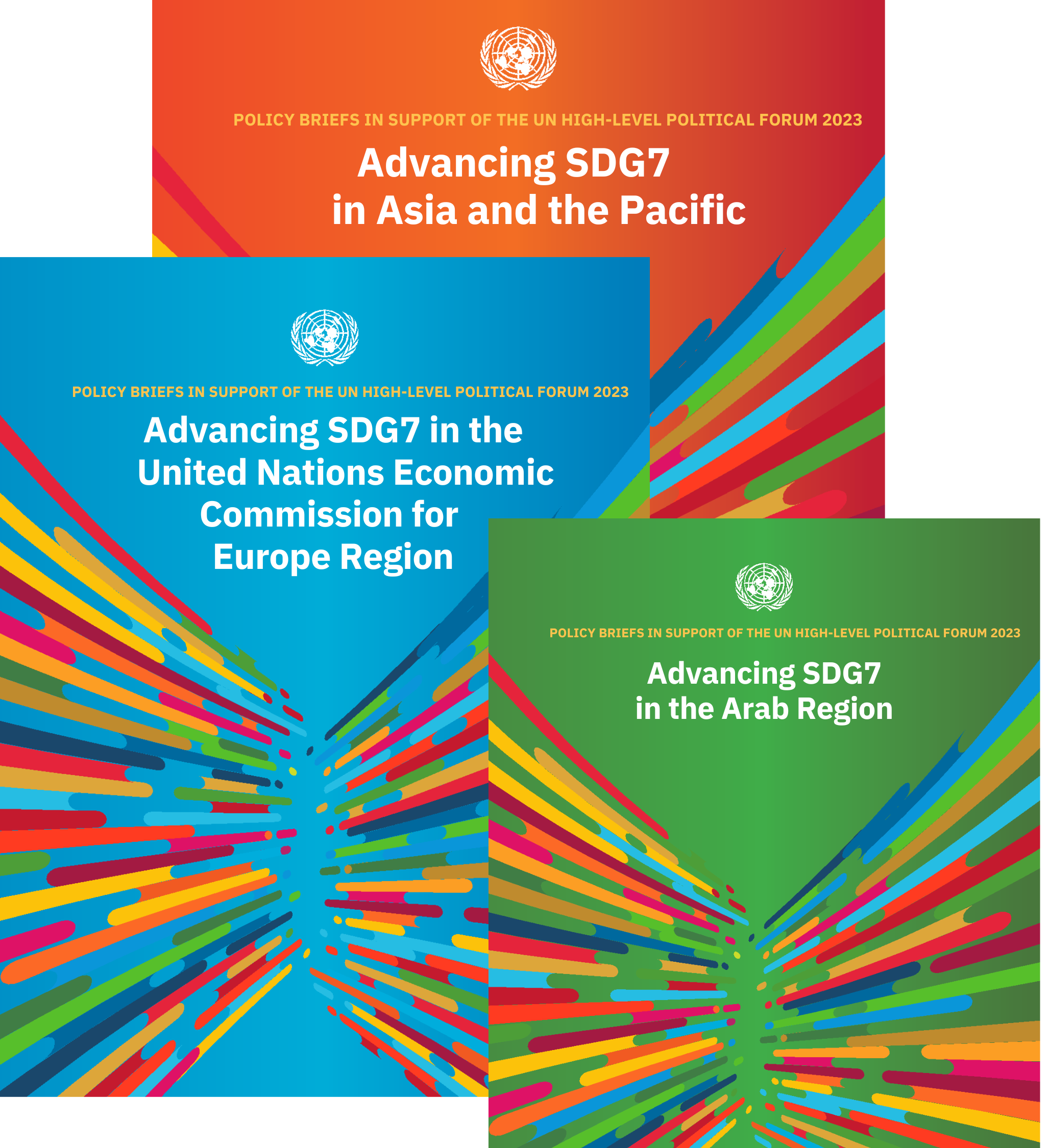
Three Policy Briefs on Advancing SDG7 in the Arab region, Asia and the Pacific, and Europe, now available online
The first three of the SDG7 Policy Briefs in Support of the UN High-level Political Forum (HLPF) are now available online. These briefs shed light on regional progress towards the targets of SDG7, providing important policy recommendations based on data analysis. They are compiled by the SDG7 Technical Advisory Group (SDG7 TAG) which is made up of more than 40 multistakeholder experts convened by UN DESA. Additional regional and thematic SDG7 Policy Briefs will be published online in the next weeks leading up to the review of SDG7 at the HLPF on 12 July 2023.
Advancing SDG7 in the Arab Region
Advancing SDG7 in Asia and the Pacific
Advancing SDG7 in the UN Economic Commission for Europe Region
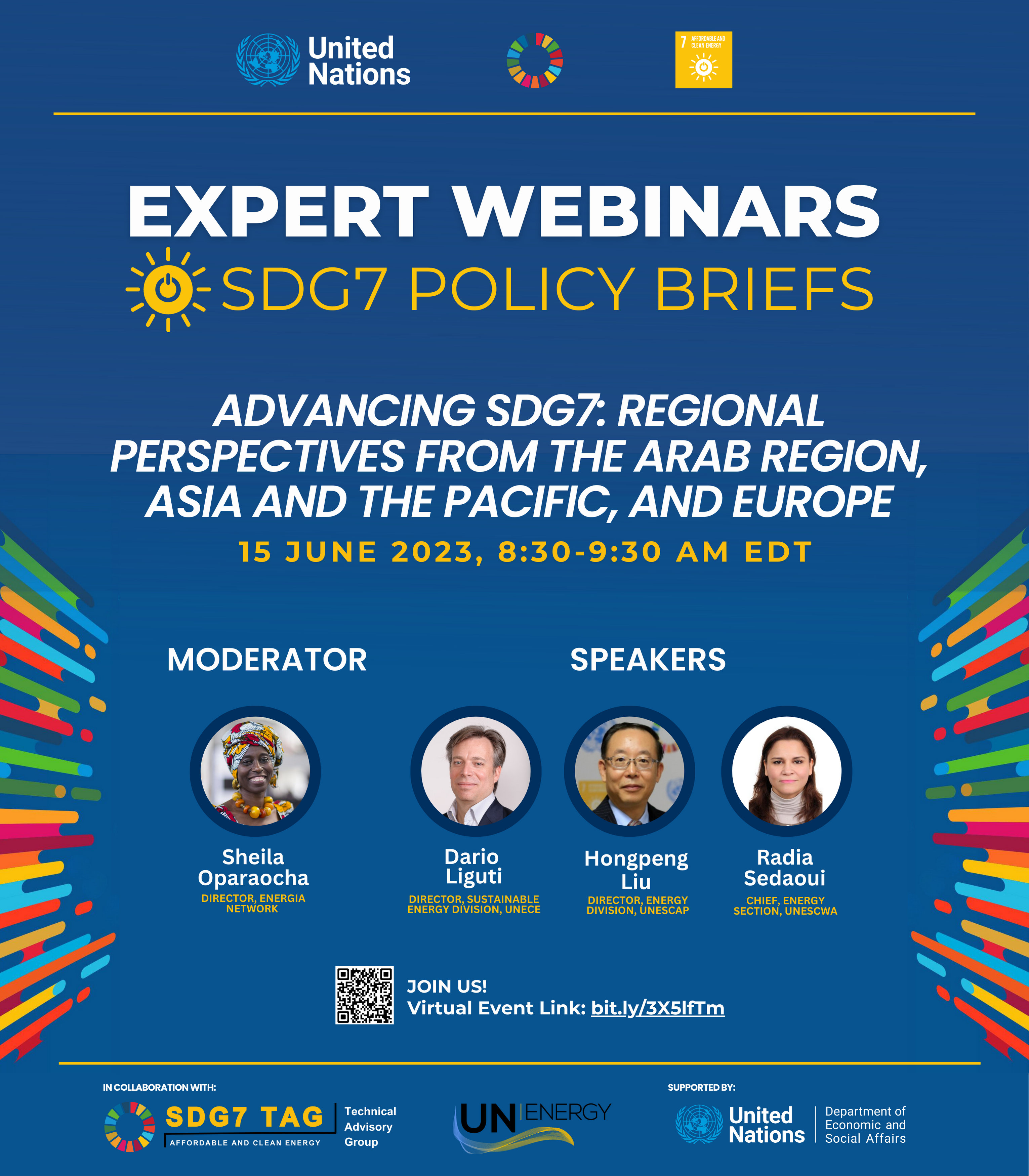
Expert Webinar Series: SDG7 Policy Briefs - “Advancing SDG7: Regional Perspectives from the Arab region, Asia and the Pacific, and Europe.
Join us for the launch of the new Expert Webinar Series on the SDG7 Policy Briefs! As part of the Soft Launch of the Policy Briefs on SDG7, this webinar series is dedicated to accelerating SDG7 action towards universal energy access and achieving a net-zero future.
Don't miss out on the first webinar of the series premiering on June 15th, 2023, 8:30 to 9:30am (NY time), which will delve into the topic “Advancing SDG7: Regional Perspectives from the Arab region, Asia and the Pacific, and Europe.” Gain valuable insights from experts in the field, Dario Liguti (Director, Sustainable Energy Division, UNECE), Hongpeng Liu (Director, Energy Division, UNESCAP), Radia Sedaoui (Chief, Energy Section, UNESCWA), as they present the regional policy briefs on SDG7 moderated by Sheila Oparaocha (Director, ENERGIA Network). During this engaging session, we will explore the unique perspectives and challenges faced by the ECE (Economic Commission for Europe), ESCAP (Economic and Social Commission for Asia and the Pacific), and ESCWA (Economic and Social Commission for Western Asia) regions. By sharing valuable insights and recommendations, our presenters will shed light on the necessary actions to ensure universal energy access and drive progress towards a net-zero future.
Don't miss this opportunity to be at the forefront of SDG7 implementation. Join us as we embark on this important journey towards accelerating global action and achieving a sustainable and inclusive energy landscape for all! Click this link to join the virtual event: bit.ly/3X5lfTm.

SDG7 Tracking Report Released Online
2023 marks the halfway point for achieving SDGs by 2030. SDG 7 is to ensure access to affordable, reliable, sustainable and modern energy. The goal includes reaching universal access to electricity and clean cooking, doubling historic levels of efficiency improvements, and substantially increasing the share of renewables in the global energy mix. Attaining this goal has deep impact on people’s health and well-being, to protect them from environmental and social risks such as air pollution, access to primary health care and services.
The 2023 edition of Tracking SDG 7: The Energy Progress Report warns that current efforts are not enough to achieve the SDG 7 on time. There has been some progress on specific elements of the SDG 7 agenda, for example, the increased rate of using renewables in the power sector, but progress is insufficient to reach the targets set forth in the SDGs.
The Energy Progress Report is a product of close collaboration among the five SDG 7 custodian agencies in the form of a specially constituted in a Steering Group:
- International Energy Agency (IEA)
- International Renewable Energy Agency (IRENA)
- United Nations Statistics Division (UNSD)
- World Bank
- World Health Organization (WHO)
Read the full report here
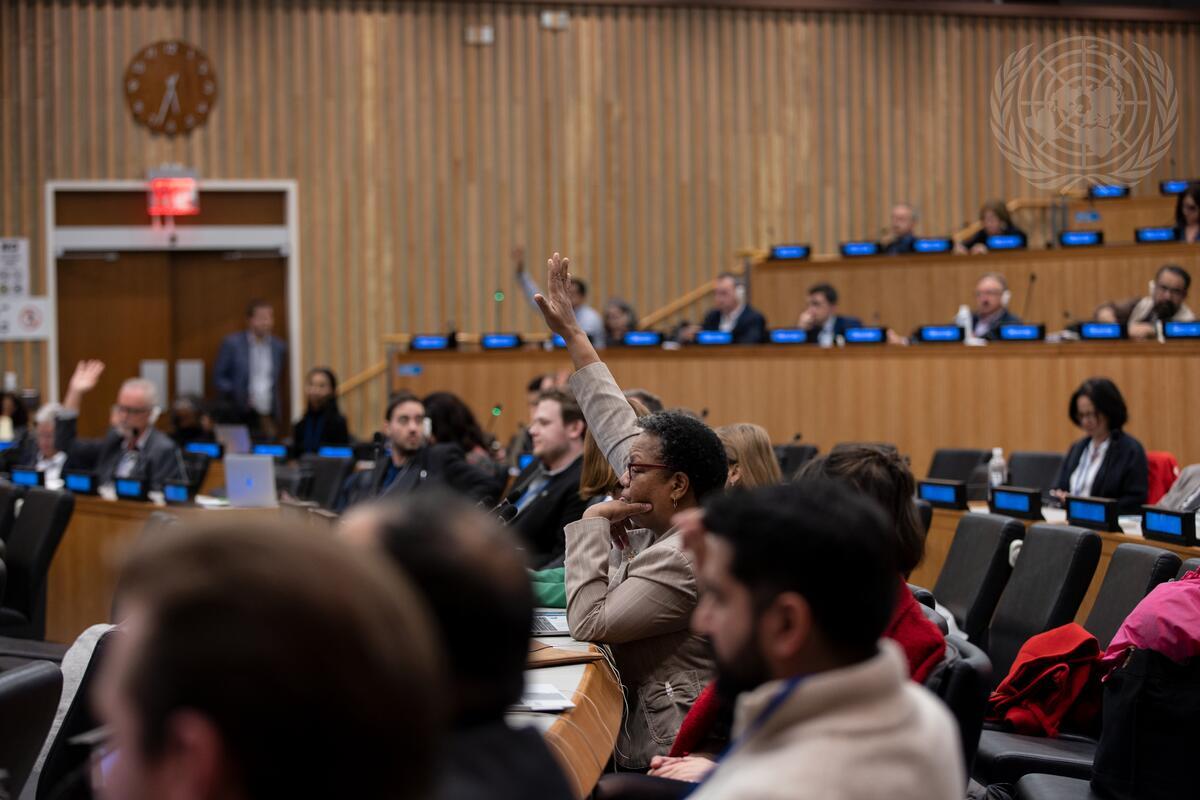
Expert Group Meets to Strategize on Energy Access and Transition
At the halfway point for achieving the 2030 Agenda, this is a big year for SDG7 -- for assessing where we stand on ensuring clean, affordable energy for all, advocating for what's most needed and boosting energy action to get on track. Progress on SDG7 will be reviewed this year at the High-level Political Forum which is the central UN platform for the follow-up and review of the SDGs. To provide strategic input, over 60 experts from governments, international organizations, academia, NGOs and youth groups from across the world will meet on 11-12 May in New York. The Expert Group discussions will be summarized along with their action recommendations to get SDG7 back on track -- "ensuring universal energy access and advancing just, inclusive and equitable energy transitions" -- for consideration by the HLPF at the SDG7 review on 12 July, which will feed into the SDG Summit. More information on the Expert Group Meeting available here.
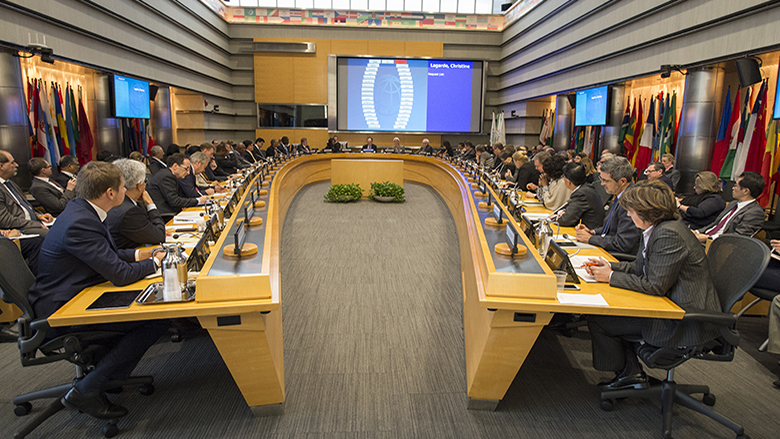
SDG7 TAG Meeting hosted by the World Bank
At this meeting of the SDG7 Technical Advisory Group, hosted by the World Bank at its headquarters in Washington, this year’s SDG7 policy briefs in support of the High-level Political Forum (HLPF) will be discussed, focusing in particular on key messages. Preceding the meeting, a special session on clean cooking will launch the World Bank’s new report ‘Unlocking Clean Cooking Pathways: A Practitioner’s Keys to Progress’. This special session will be open for the public to watch online.
Concept Note for the SDG7 TAG Meeting
Join the Launch of ‘Unlocking Clean Cooking Pathways: A Practitioner’s Keys to Progress’
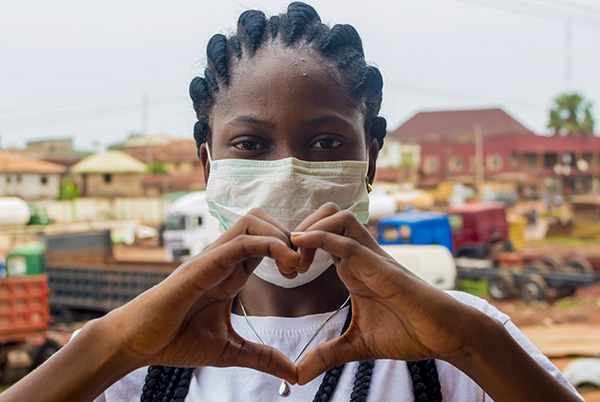
SDG 7 Policy Briefs featured at HLPF event, stressing linkages among Goals
13 July 2022 - At a side event during the High-level Political Forum, the SDG 7 Policy Briefs 2022 were presented as a basis for discussion about energy's interlinkages with SDG 4 on education, SDG 5 on gender and SDG 15 on life on land. The hybrid event, organized by UN DESA together with Norway's Ministry of Foreign Affairs and attended by nearly 70 participants, featured keynote remarks by Bjørg Sandkjær, State Secretary, Norwegian Ministry of Foreign Affairs, and Francesco La Camera, Director-General, International Renewable Energy Agency, as well as comments by the authors of the SDG 7 Policy Briefs 2022.
Following the side event, a meeting of the SDG 7 Technical Advisory Group was convened in order to discuss plans for the 2023 Policy Briefs, which will be of particular importance as the High-level Political Forum 2023 will review progress on SDG 7.
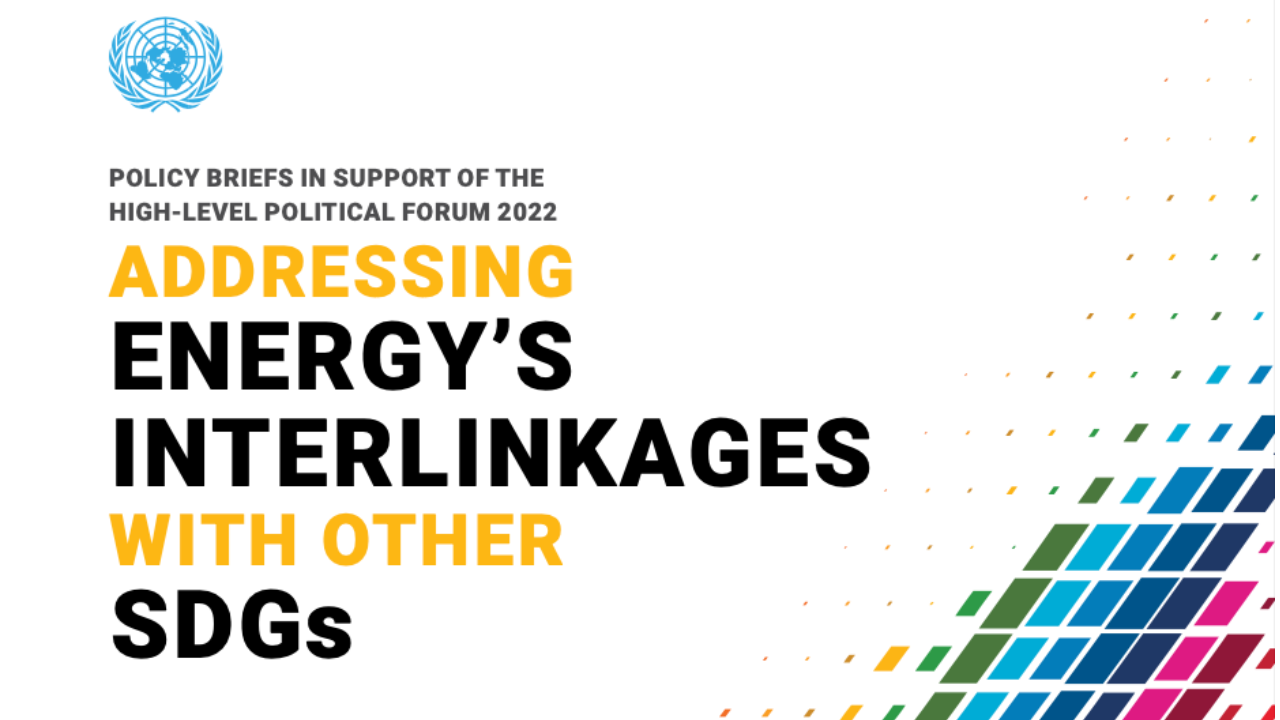
Technical Advisory Group Releases Policy Briefs Highlighting SDG Interlinkages and Regional Progress on SDG7
1 June 2022 --The Technical Advisory Group for Sustainable Development Goal 7 today released this year’s edition of the SDG7 Policy Briefs, which address energy’s interlinkages with other SDGs and the regional progress on SDG7.
Download SDG7 Policy Briefs
Download Web Release
GLOBAL LAUNCH
Tracking SDG7: The Energy Progress Report 2022 & SDG7 Policy Briefs 2022
Addressing Energy's interlinkages with other SDGs
On 1 June 2022, the global launch was held for Tracking SDG7: The Energy Progress Report 2022, which provides the most comprehensive look available at the world’s progress towards global energy targets on access to electricity, clean cooking, renewable energy and energy efficiency, and of the SDG7 Policy Briefs 2022, focusing on the interlinkages of energy with other SDGs. Watch the launch event on UN WebTV above.
Event Programme
SDG tracking report presentation
Policy brief presentation
Earth Negotiations Bulletin Highlights
IISD Summary of the Event
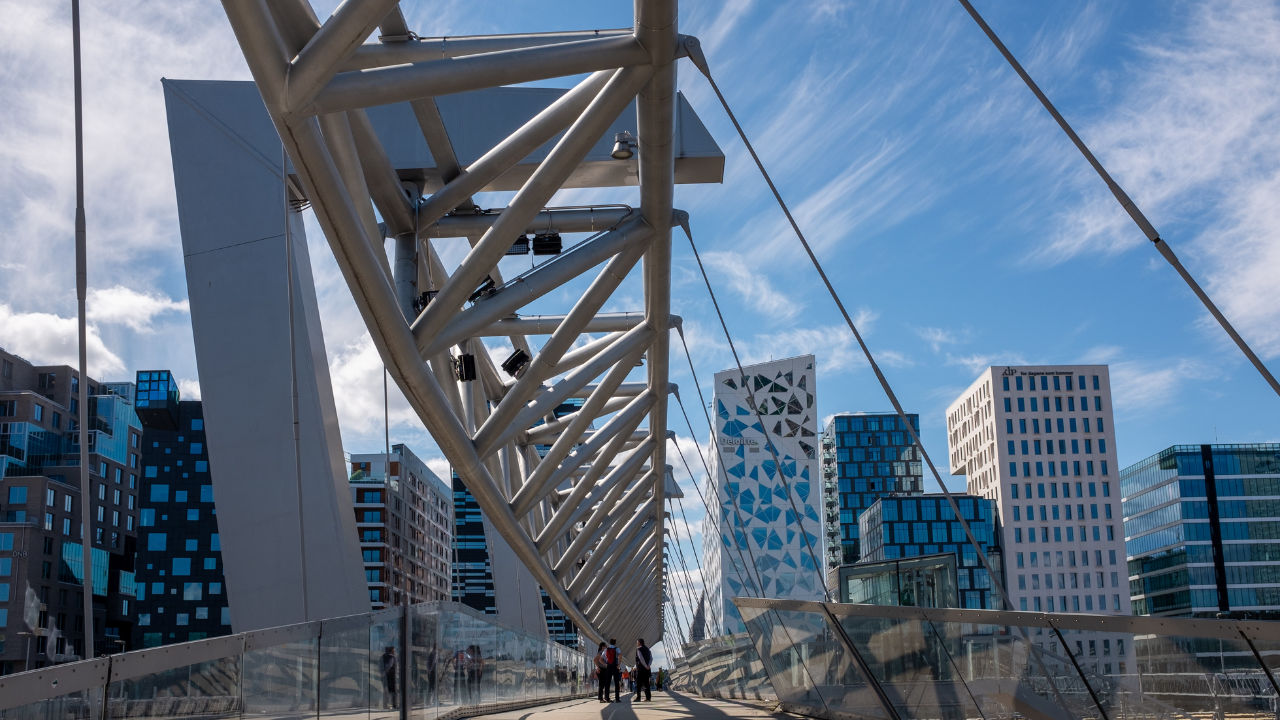
SDG7 Technical Advisory Group Meets In Oslo
The SDG7 Technical Advisory Group will meet on 26-27 April in Oslo, hosted by the Ministry of Foreign Affairs. The main objective of this meeting will be to review the draft SDG7 Policy Briefs 2022 which are intended to inform the High-level Political Forum and related intergovernmental discussions, including on the follow up to the High-level Dialogue on Energy, by providing substantive inputs prepared through inclusive multi-stakeholder consultations. This year’s Briefs further discuss energy’s interlinkages with other SDGs, with the objective to arrive at a set of solid indicators for these interlinkages. The development of these Policy Briefs is supported by an Expert Group on Energy’s Interlinkages with other SDGs which brings together leading experts with relevant expertise on interlinkages.
26-27 April 2022
Hybrid
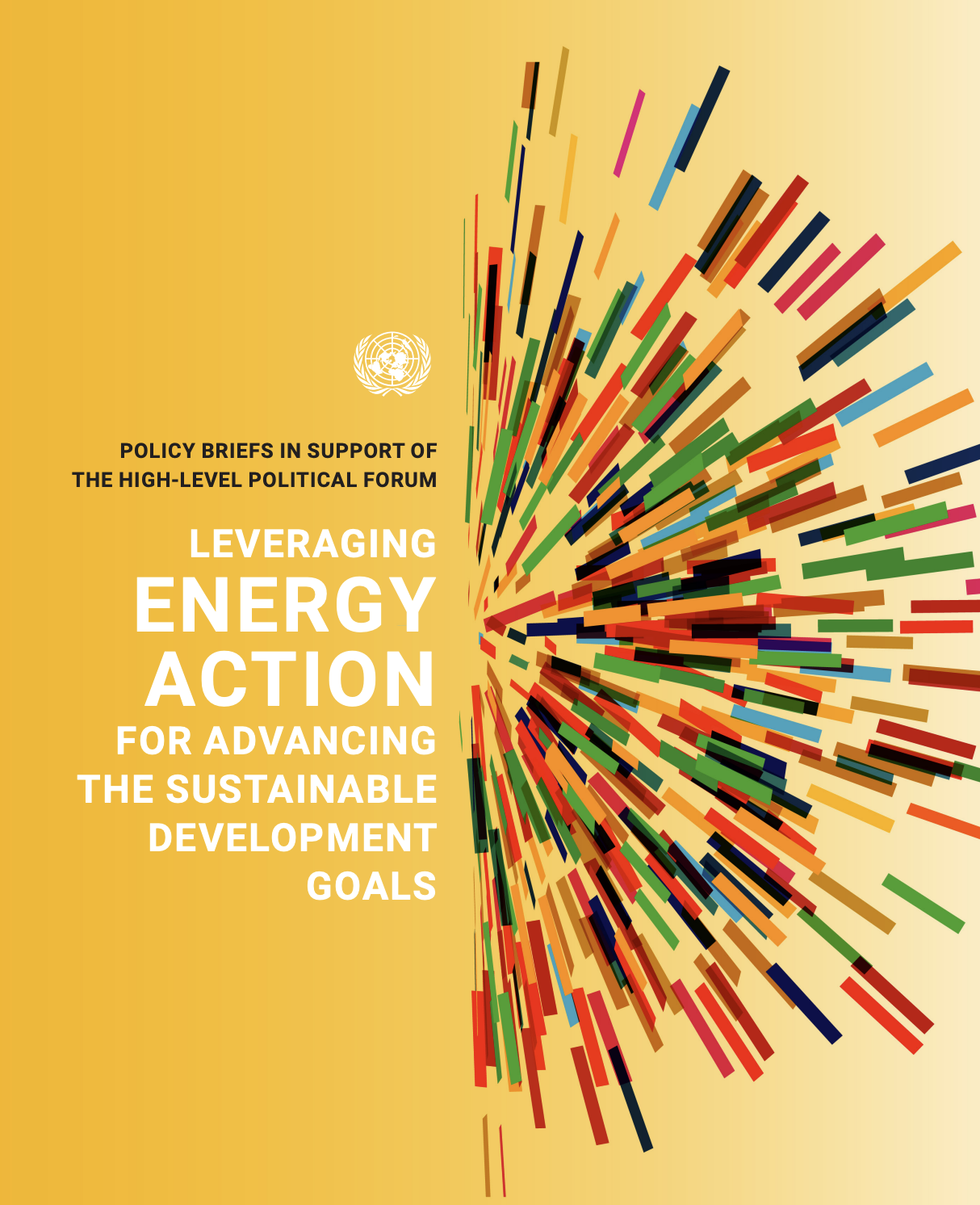
SDG7 Technical Advisory Group Releases Policy Briefs Highlighting SDG Interlinkages
7 June 2021 -- The Technical Advisory Group for Sustainable Development Goal 7 today released this year’s edition of the SDG7 Policy Briefs, which provide policy recommendations towards achieving affordable and clean energy for all by 2030.
June 7, 2021
Online
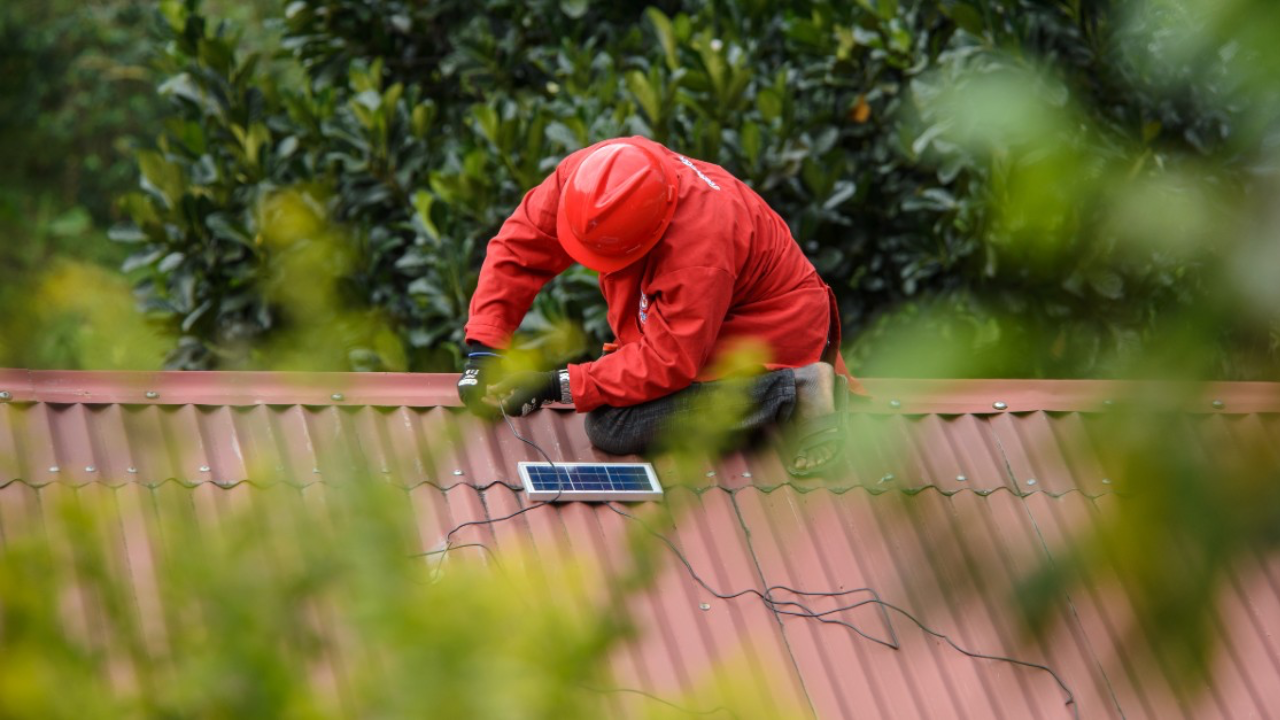
Report: Universal Access to Sustainable Energy Will Remain Elusive Without Addressing Inequalities
WASHINGTON, June 7, 2021 — During the last decade, a greater share of the global population gained access to electricity than ever before, but the number of people without electricity in Sub-Saharan Africa actually increased. Unless efforts are scaled up significantly in countries with the largest deficits the world will still fall short of ensuring universal access to affordable, reliable, sustainable, and modern energy by 2030, according to Tracking SDG7: The Energy Progress Report released today by the International Energy Agency (IEA) the International Renewable Energy Agency (IRENA), the UN Department of Economic and Social Affairs (UN DESA), the World Bank, and the World Health Organization (WHO).
Download Universal Access to Sustainable Energy Will Remain Elusive Without Addressing Inequalities
June 7, 2021
Online
GLOBAL LAUNCH TRACKING SDG7: THE ENERGY PROGRESS REPORT & SDG7 POLICY BRIEFS

June 7, 2021
8:00 - 10:00 EDT
Online
Launch of the 2020 SDG7 Energy Progress Report & 2020 SDG7 Policy Brief
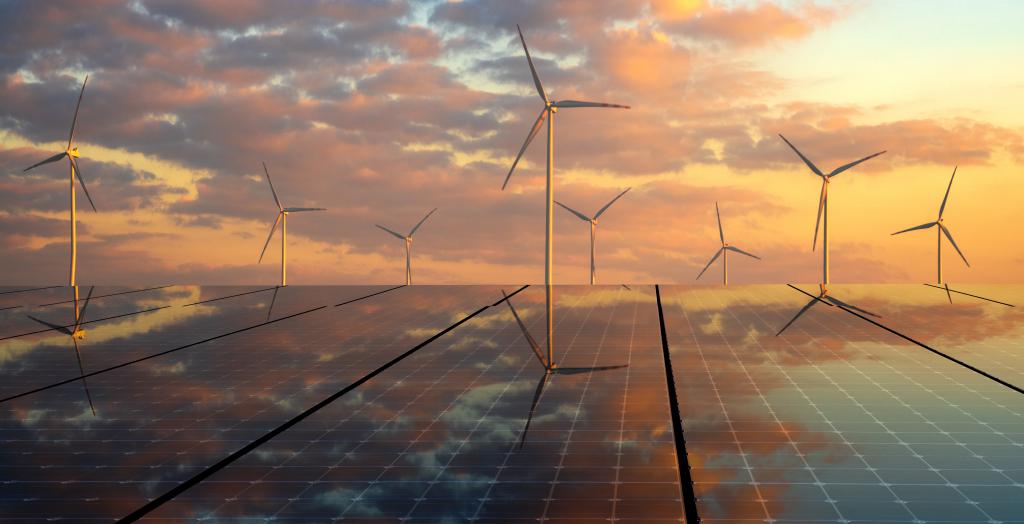
Published annually, the Tracking SDG7: The Energy Progress Report provides the most comprehensive look available at the world's progress towards global energy targets on access to electricity, clean cooking, renewable energy and energy efficiency. Prepared by the custodian agencies for the SDG7 indicators - the International Energy Agency (IEA), the International Renewable Energy Agency (IRENA), the UN Statistics Division (UNSD) at UN DESA, the World Bank, and the World Health Organization (WHO) - this year's report gives the international community the latest global dashboard to register progress on the SDG7 targets.
For the third time, a series of Policy Briefs on SDG7 and its interlinkages with other SDGs have also been compiled by the multi-stakeholder SDG7 Technical Advisory Group, composed of experts from governments, UN organisations, International Organisations and other stakeholders, convened by DESA, in support of the High Level Political Forum.
Download Accelerating SDG7 Achievement in the Time of COVID-19
Thursday, June 4 2020
9:00 - 11:00 EDT
New York
New partnerships to save billions from ill effects of dirty fuels
New initiatives announced on Sunday aim to urgently bring clean cooking solutions to the three billion people worldwide who still rely on dirty, inefficient fuels, such as biomass and kerosene for their cooking energy.
New York
UK Commits $250 Million; Denmark, France, Netherlands Pledge $130 Million to World Bank Initiatives on Energy Storage, Solar Power and Clean Cooking
The program is expected to help middle-income and developing countries increase their use of renewables, particularly wind and solar power, improve energy security, increase grid stability and expand access to electricity.
New York
Global Leaders Launch Groundbreaking Commission to Eliminate Energy Poverty Among 840 Million People Worldwide
The Rockefeller Foundation today announced the launch of the Global Commission to End Energy Poverty (GCEEP). The Commission will drive a new agenda to provide electricity to hundreds of millions in pursuit of the UN’s 2030 Sustainable Development Goal 7.
New York
UN DESA and IRENA enhance partnership to move forward sustainable energy agenda
United in their common goal to implement the 2030 Agenda for Sustainable Development, both sides commit to advancing on the interlinked SDGs to ensure universal access to affordable, reliable, sustainable and modern energy for all.
New York
About
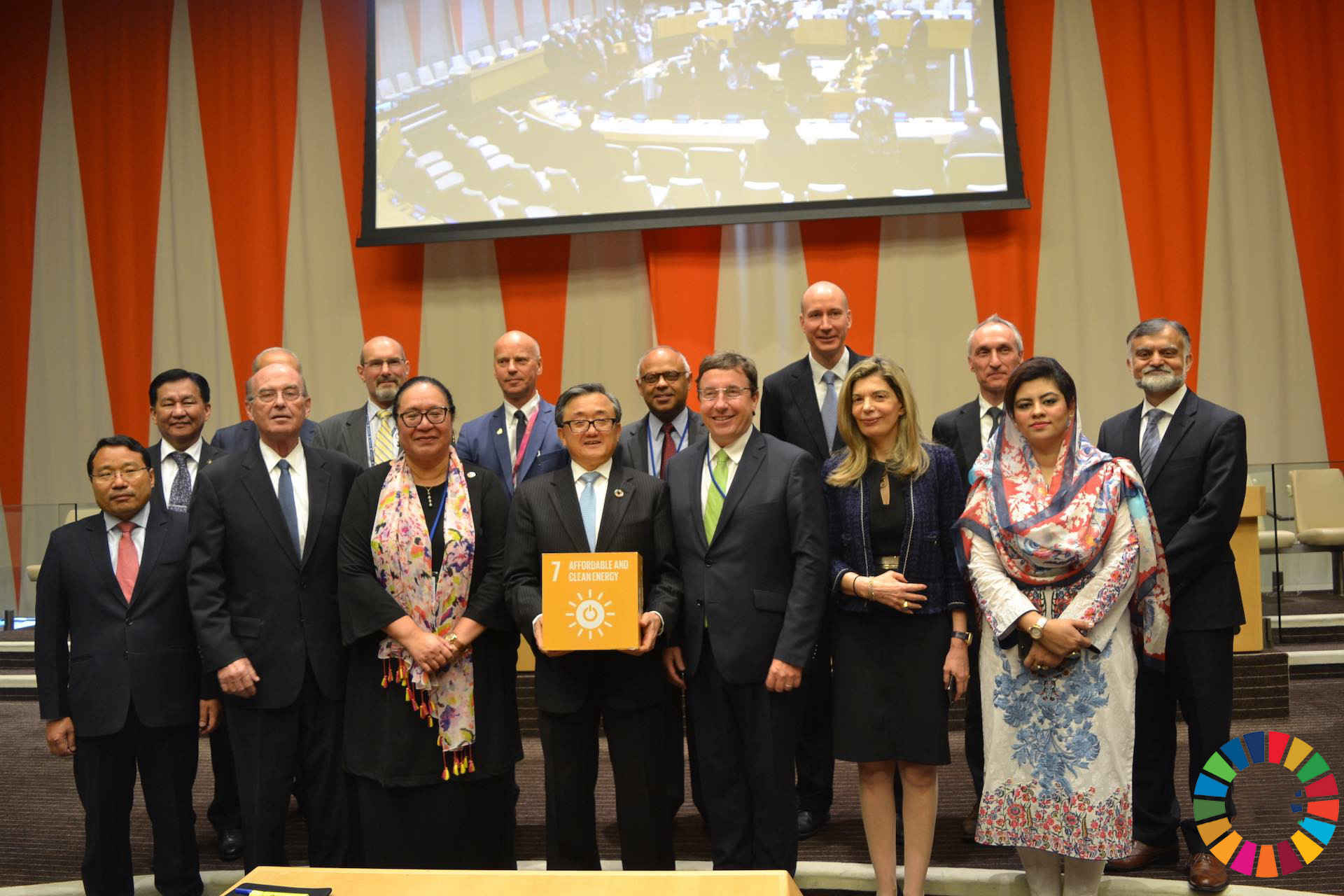
The 2030 Agenda for Sustainable Development has set out 17 Sustainable Development Goals (SDGs) and 169 targets, which jointly constitute a comprehensive plan of action for people, planet, prosperity, peace and partnership.
SDG7 is a first-ever universal goal on energy, with targets on access, efficiency, renewables and means of implementation. Ensuring access to affordable, reliable, sustainable and modern energy for all is crucial for achieving the Sustainable Development Goals, from its role in the eradication of hunger and poverty, through advancements in health, education, inclusive growth, sustainable cities, water supply, infrastructure, industrialization, etc., to combating climate change.
The UN High-Level Political Forum (HLPF) on Sustainable Development is the central platform within the United Nations system for the follow-up and review of the 2030 Agenda for Sustainable Development. Member States regularly undertake in-depth reviews, including through Voluntary National Reviews (VNRs), to assess progress at the country level towards achieving the 2030 Agenda for Sustainable Development and the SDGs.
To facilitate stocktaking of progress to-date and to seek advice on the technical preparation of the review of SDG 7 and its interlinkages with other SDGs at HLPF, the UN Department of Economic and Social Affairs (UN DESA), as the secretariat for HLPF, through its Division for Sustainable Development Goals, has convened a multi-stakeholder Technical Advisory Group on Sustainable Development Goal 7 (SDG7-TAG).
In July 2018, SDG7 on energy was reviewed for the first time at HLPF. As a technical input, the SDG7-TAG prepared the 27 Policy Briefs that explored progress toward SDG7 implementation, interlinkages between SDG7 and other SDGs, and regional perspectives, culminating into a Global Agenda for Accelerated SDG7 Action.
In 2019, the first High-Level Political Forum under the auspices of the General Assembly -SDG Summit, was convened to assess progress achieved since the adoption of the 2030 Agenda in September 2015 and provided leadership and guidance on the way forward that would help accelerate implementation of the 2030 Agenda and SDGs.
Members
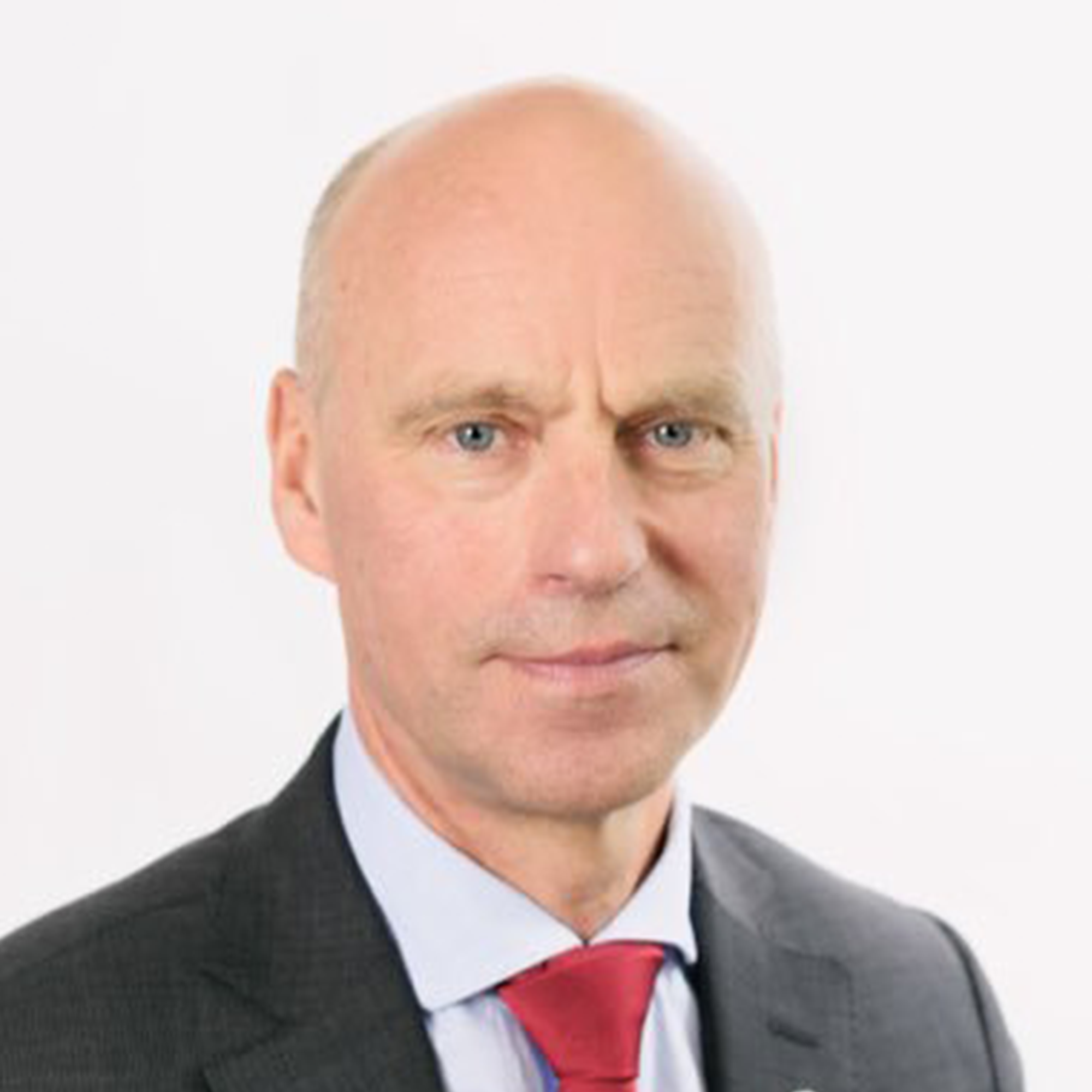
Hans Olav Ibrekk
Special Envoy for Climate and Security, Ministry of Foreign Affairs, Norway, and Co-Facilitator of the SDG7 TAG
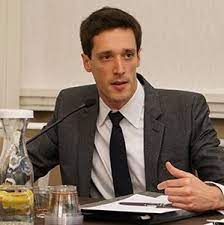
Dane McQueen
Senior Advisor, Development and Humanitarian Affairs, Ministry of Foreign Affairs, United Arab Emirates
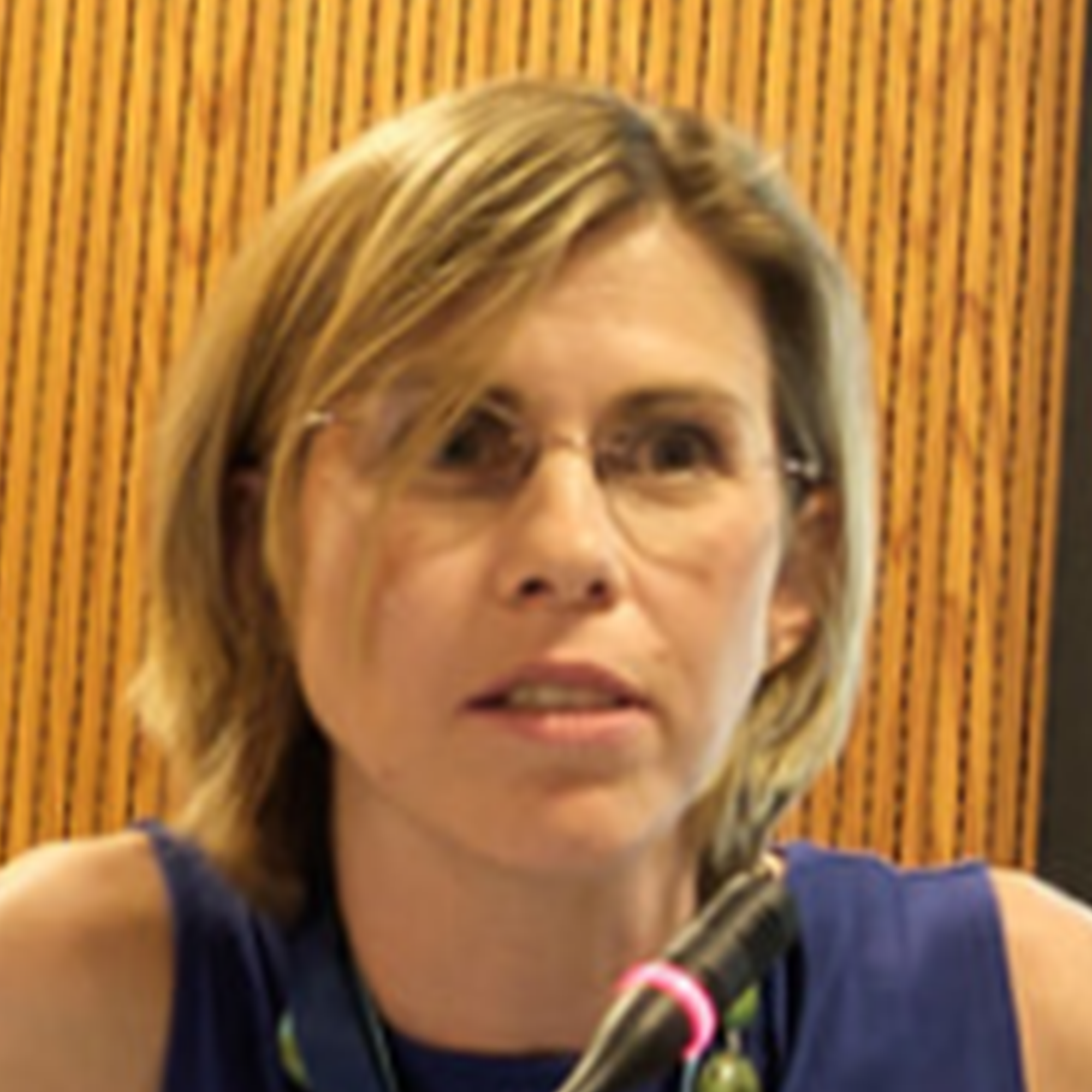
Heather Adair-Rohani
Technical Officer, Department of Public Health, Environmental and Social Determinants of Health, WHO
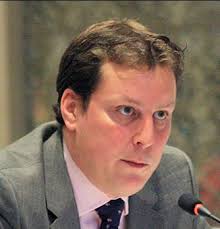
Daniel Schroth
Director, Renewable Energy and Energy Efficiency Department, African Development Bank
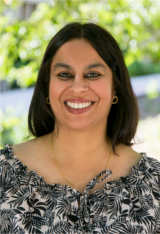
Shonali Pachauri
Research Group Leader, International Institute for Applied Systems Analysis (IIASA)

Jørgen Nyberget
Climate, Energy, and Environment Policy Advisor, Permanent Mission of Denmark to the UN

Sarah Ahlrichs
Senior Policy Officer, Federal Ministry for Economic Cooperation and Development, Germany
Media
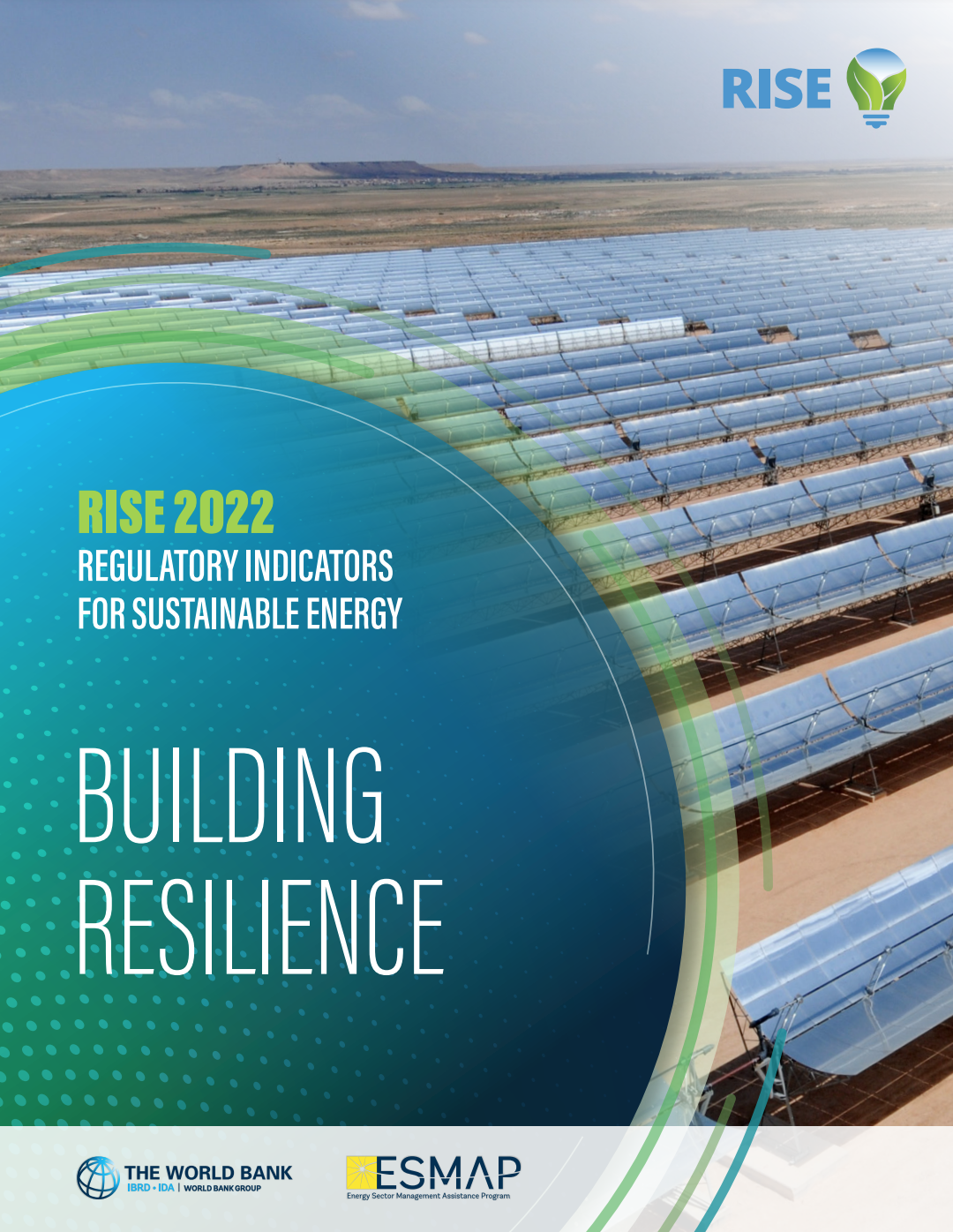
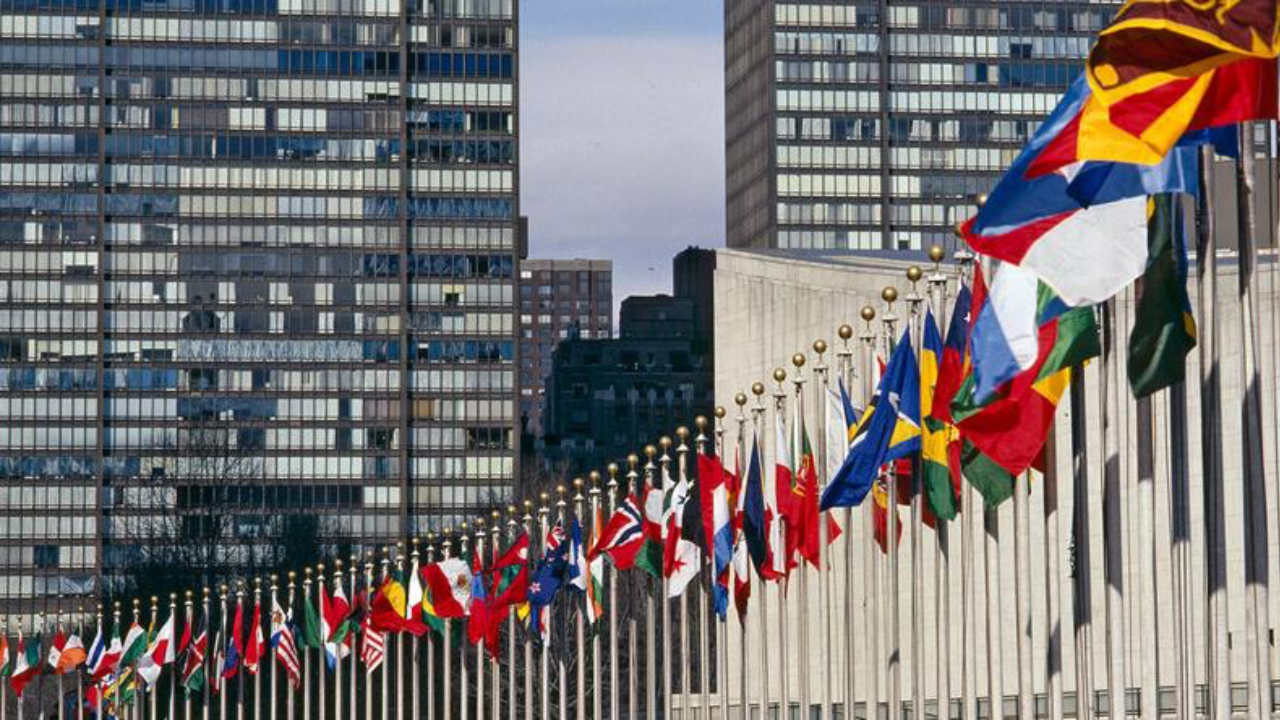
Events at HLPF Drive Forward SDG 7 Energy Action
14 July 2022
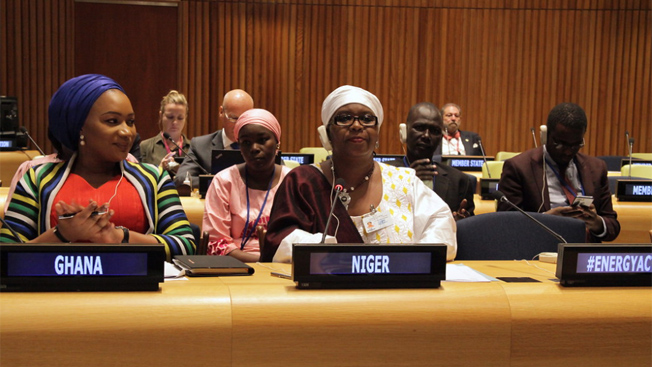
New partnerships to save billions from ill effects of dirty fuels
23 September 2019
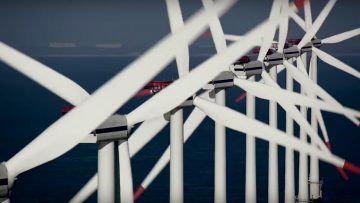
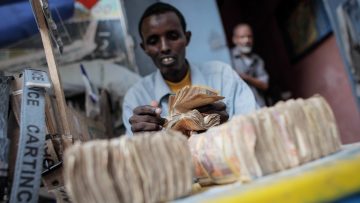
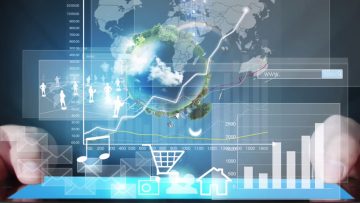

UN DESA shows commitment to climate action at COP24
12 December 2018
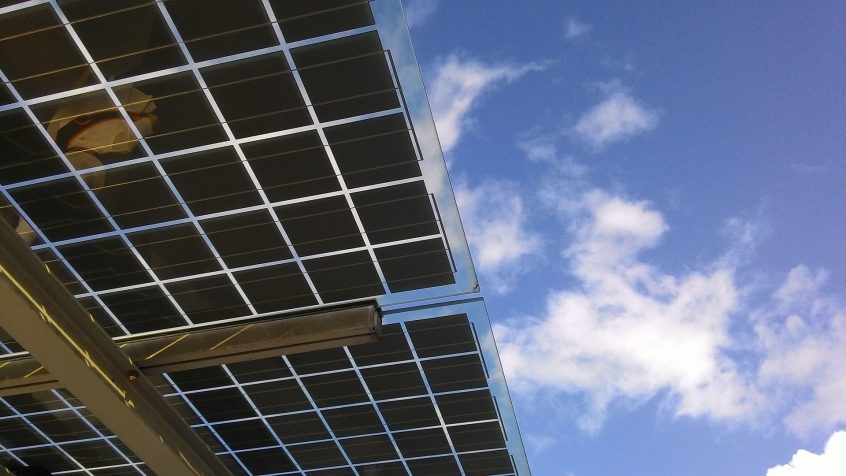
UN Conference Discusses Progress on SDG 7
27 February 2018
Meetings
Special Consultation Meeting
Hybrid
SDG7 Technical Advisory Group Meeting
Hybrid with in-person attendance
SDG7 Technical Advisory Group Meeting
Hybrid with in-person attendance
SDG7 Technical Advisory Group Meeting
Hybrid with in-person attendance
SDG7 Technical Advisory Group Meeting
Hybrid with in-person attendance
SDG7 Technical Advisory Group Meeting
Hybrid with in-person attendance

